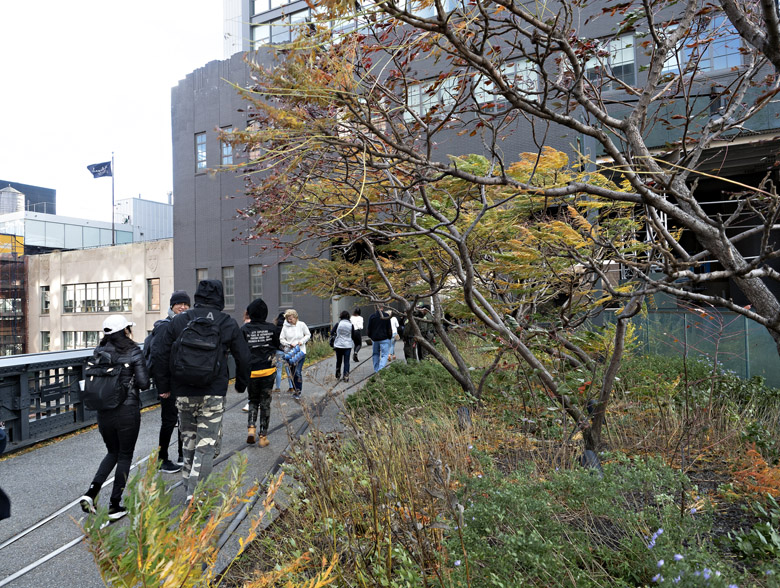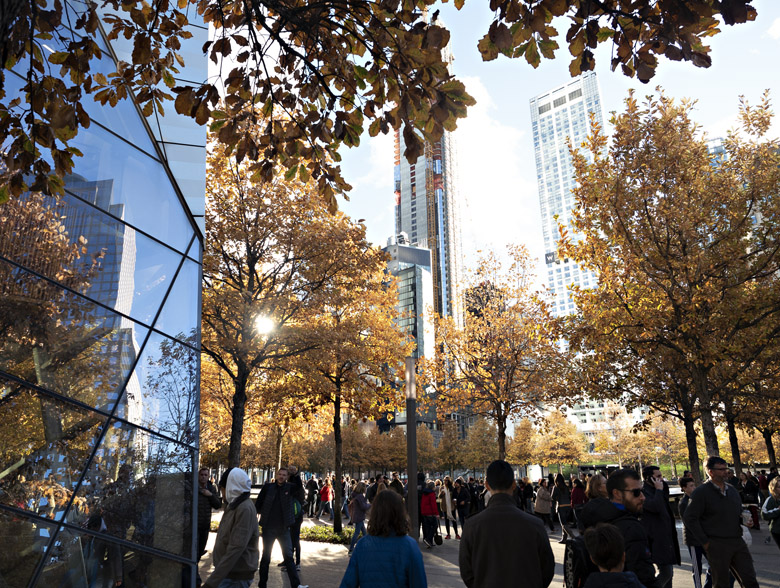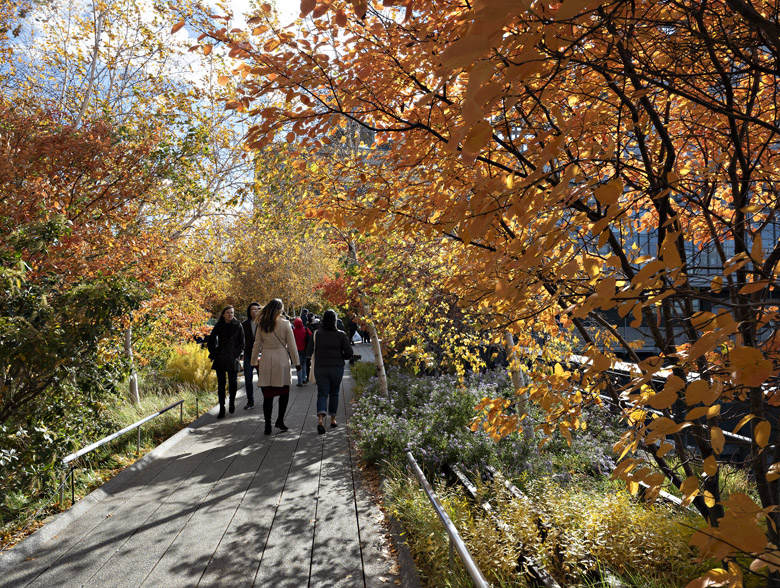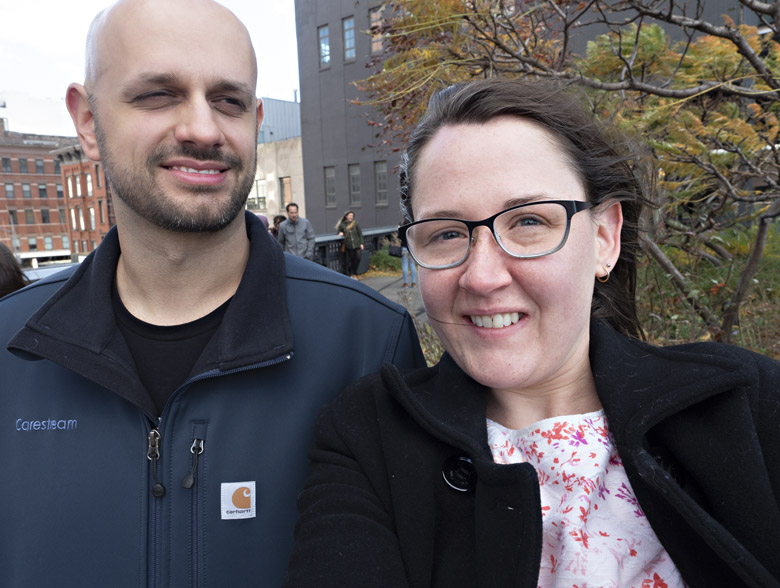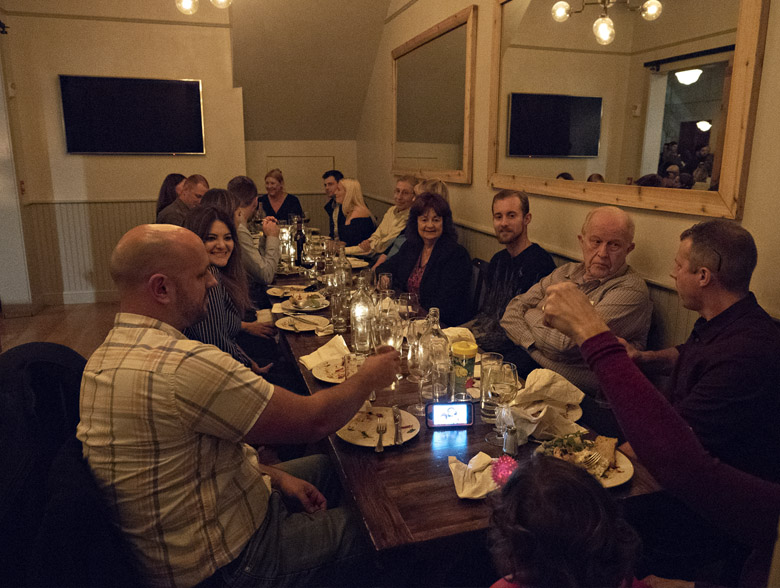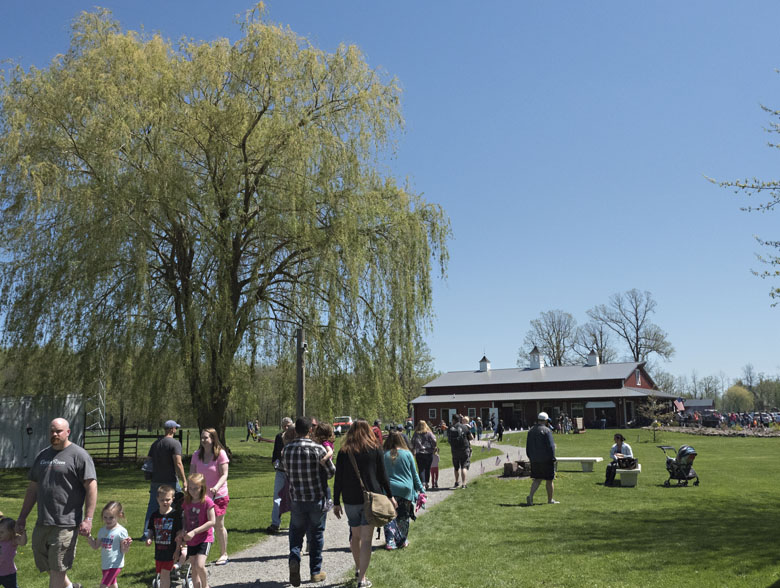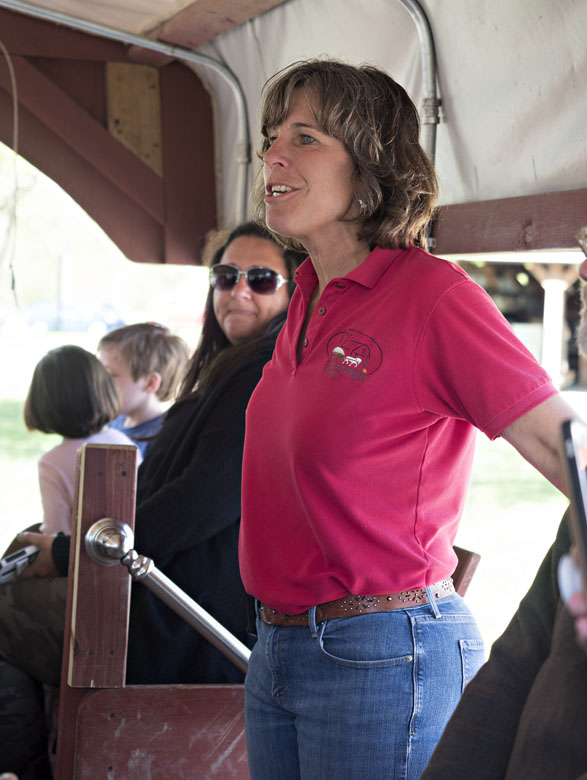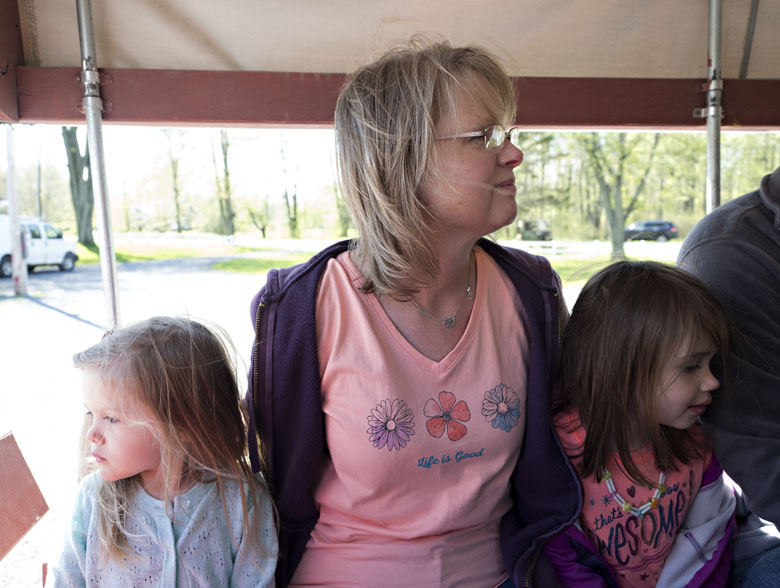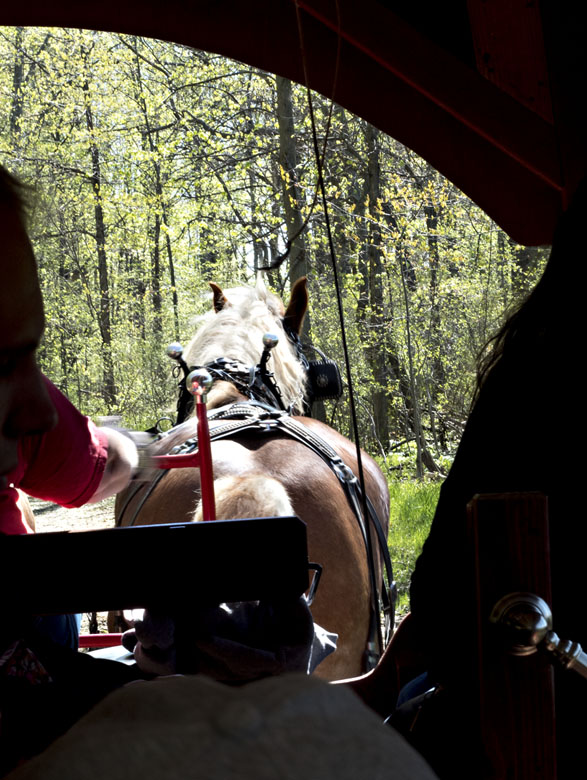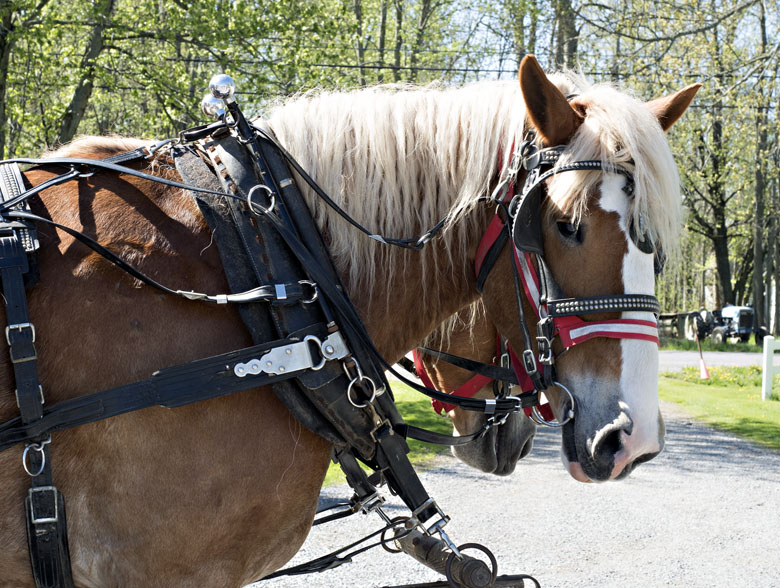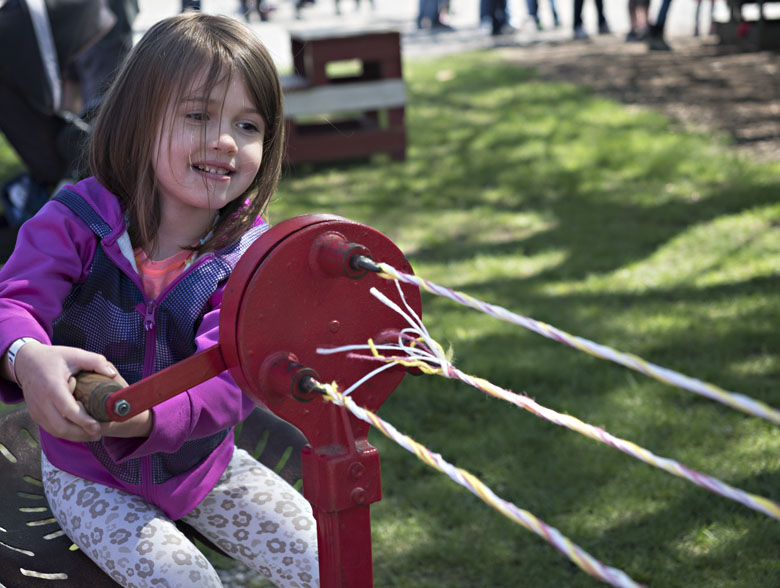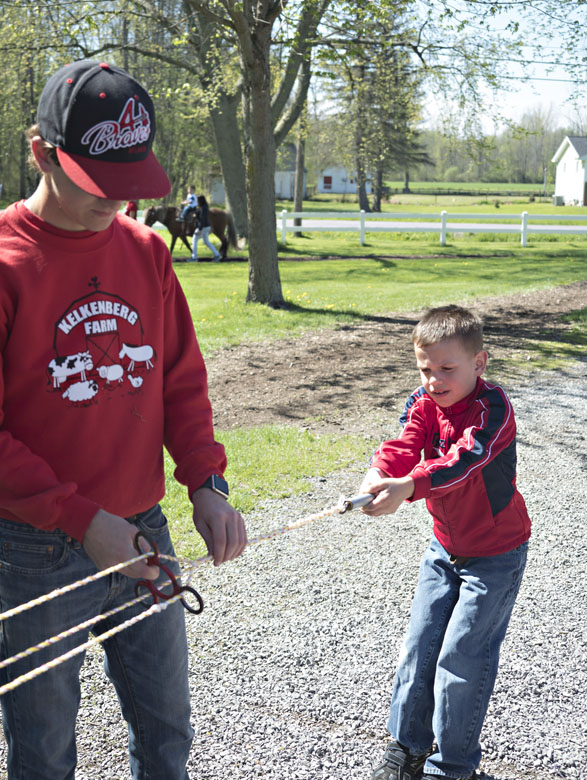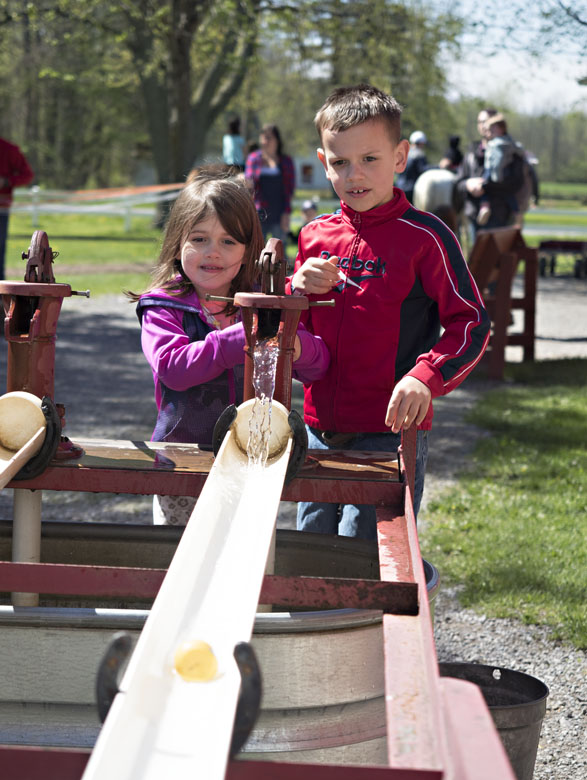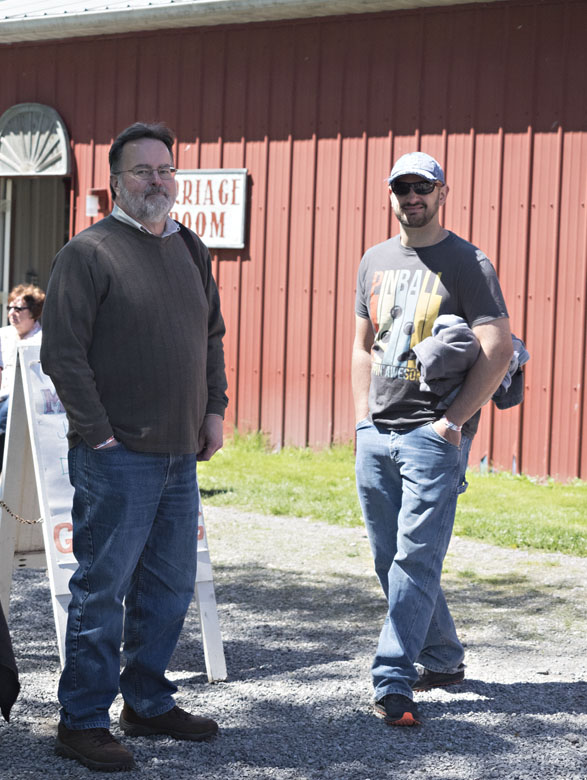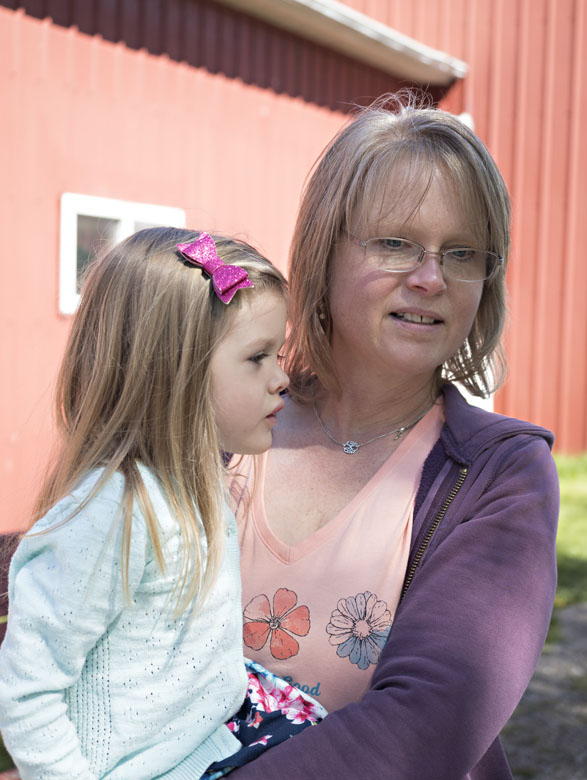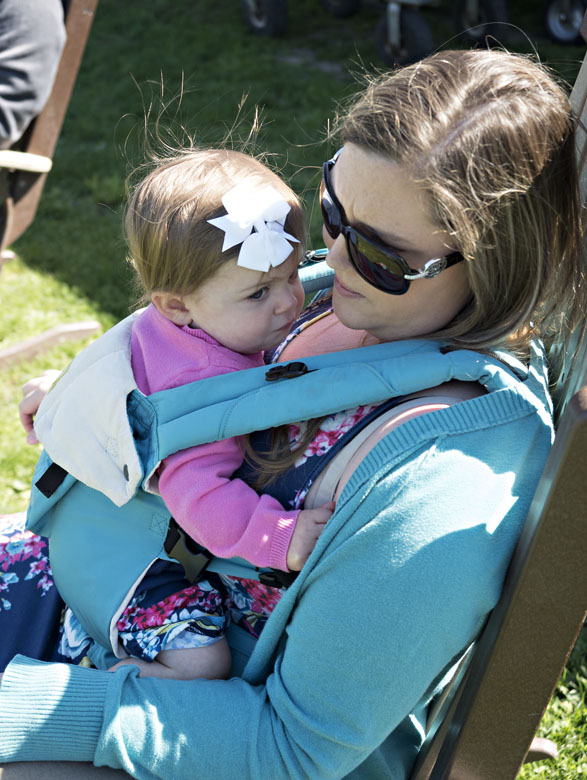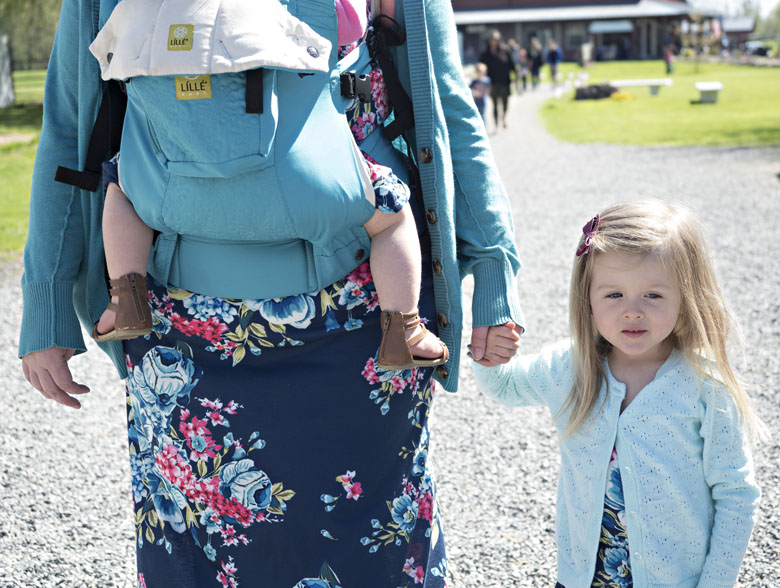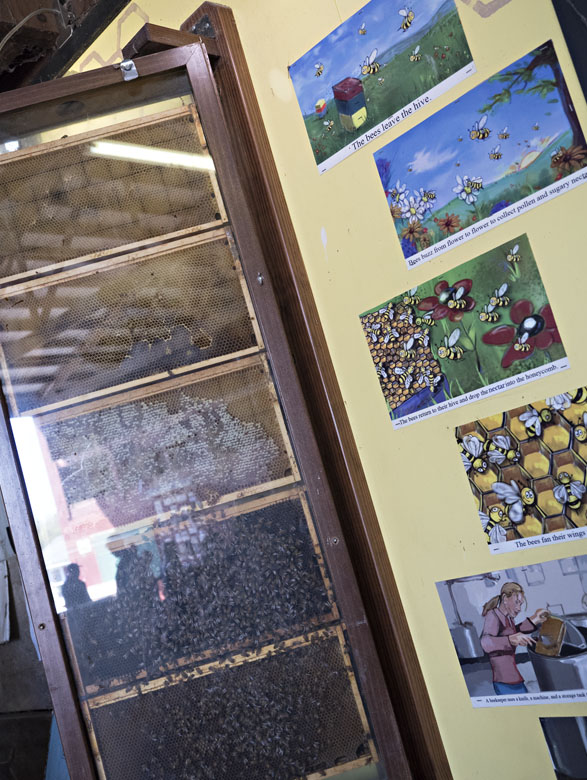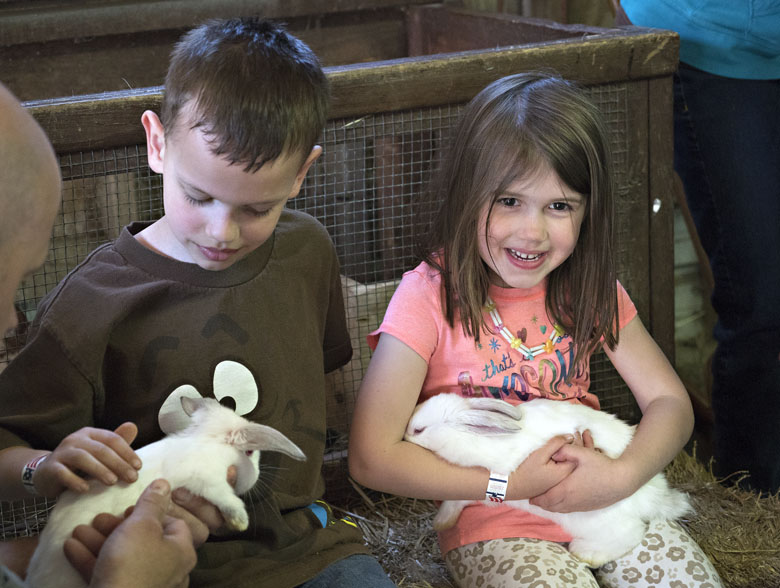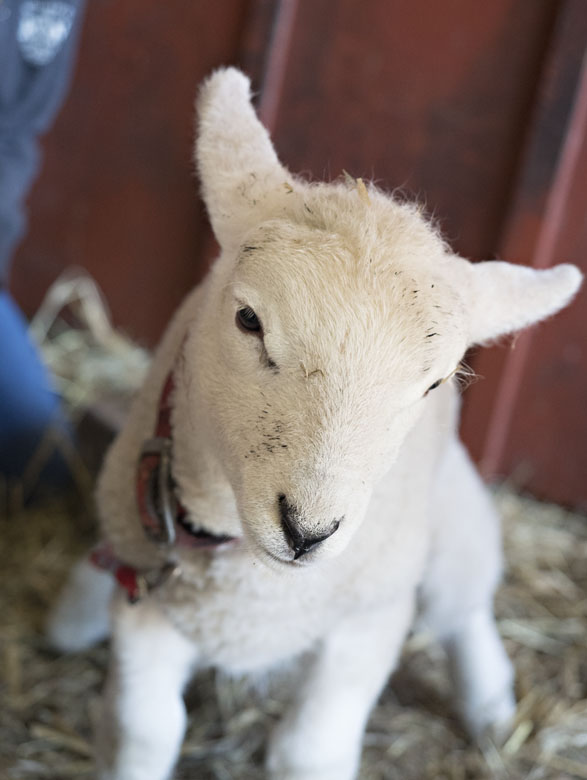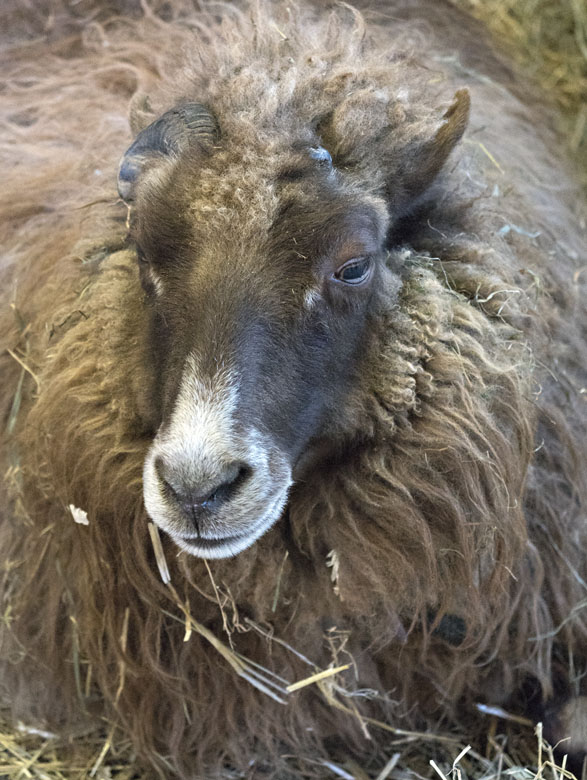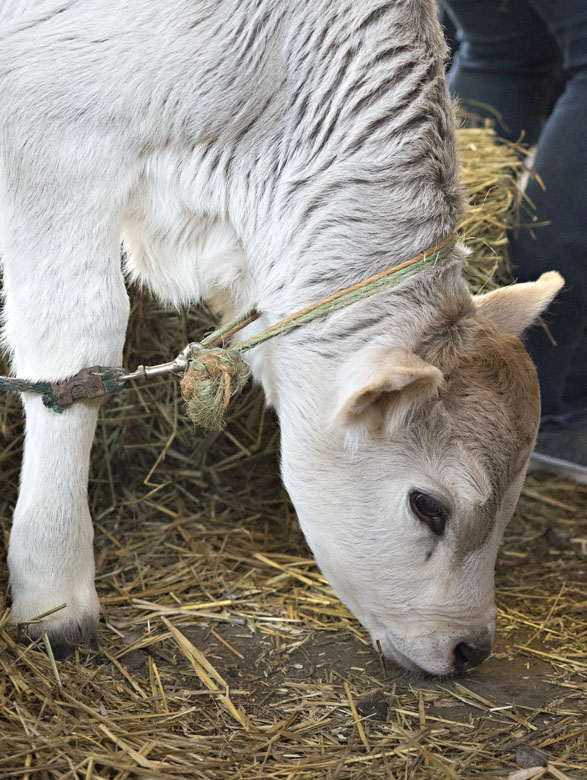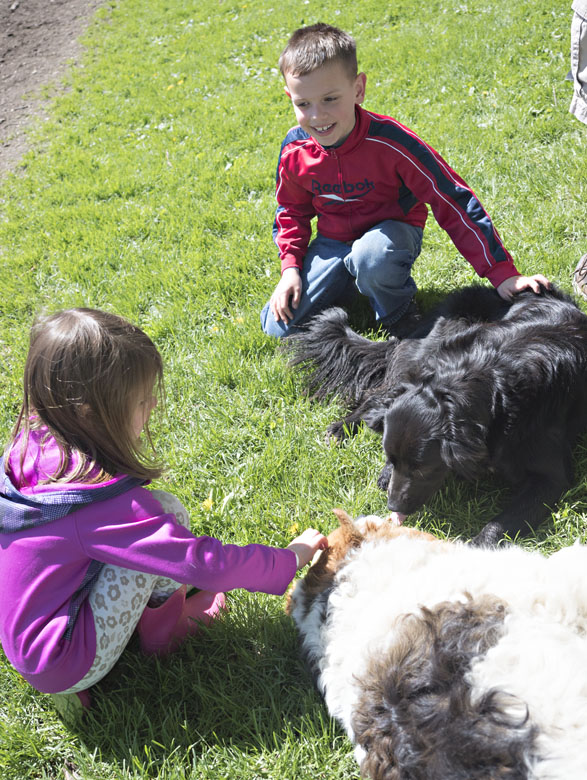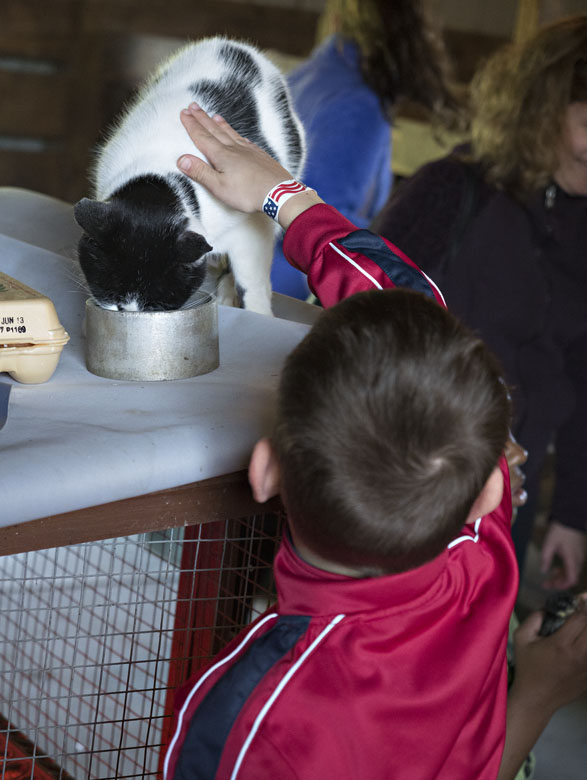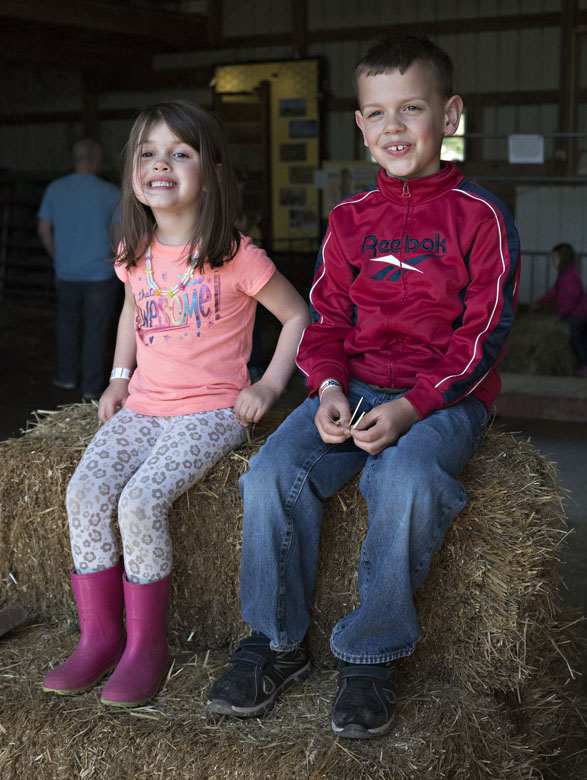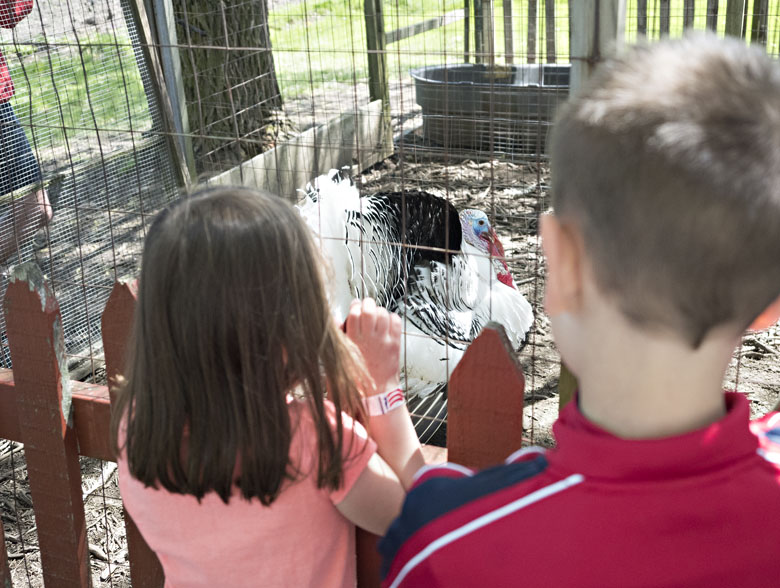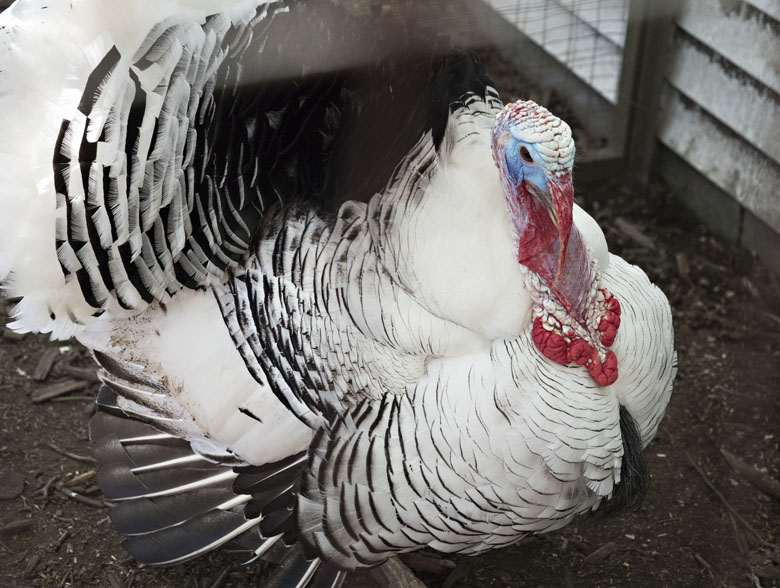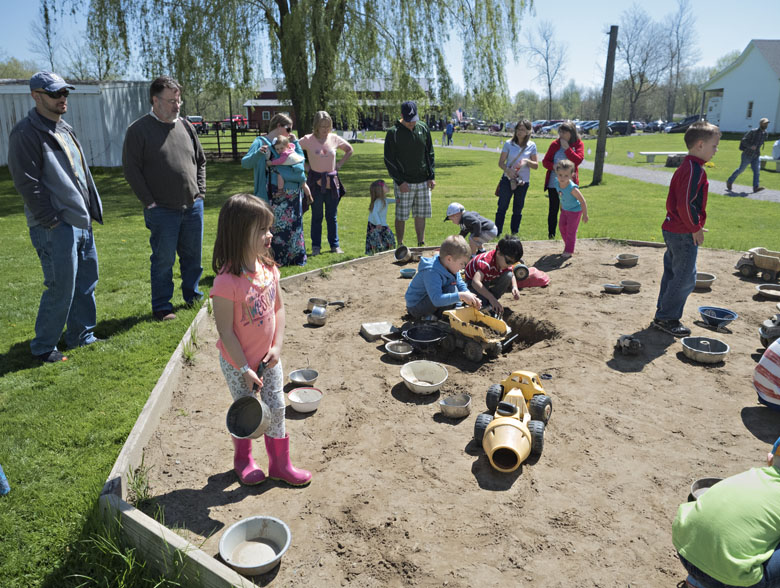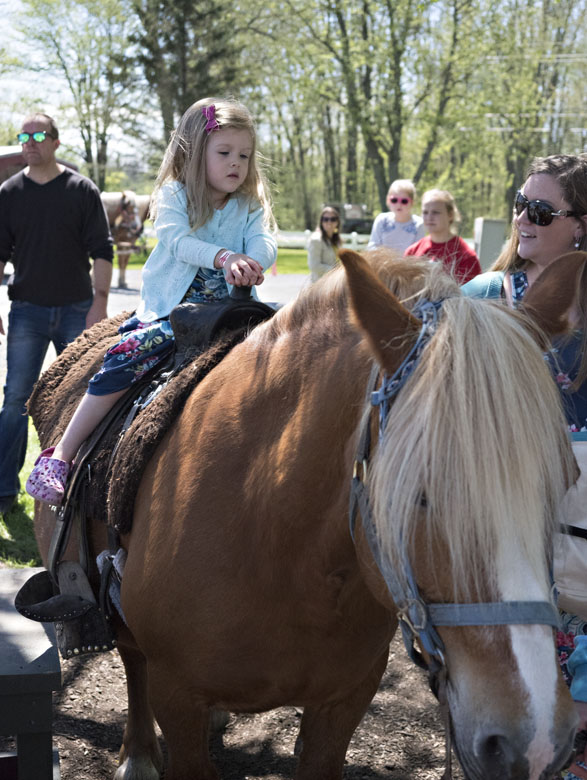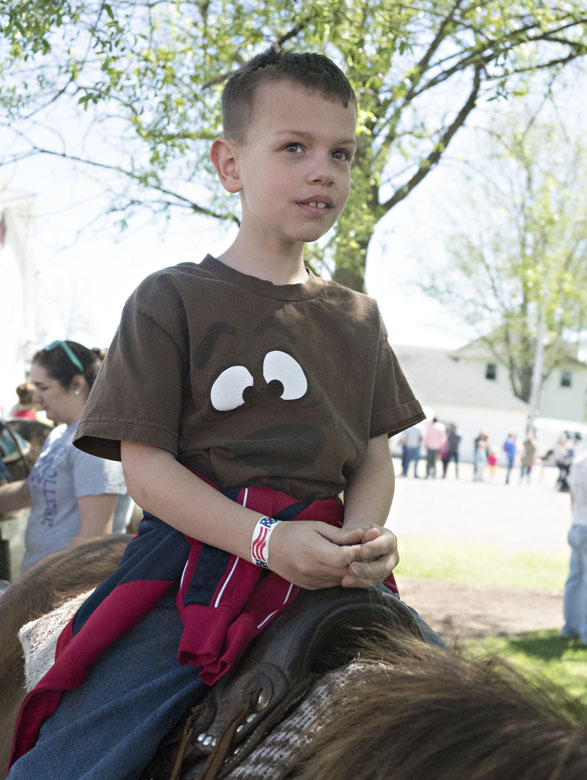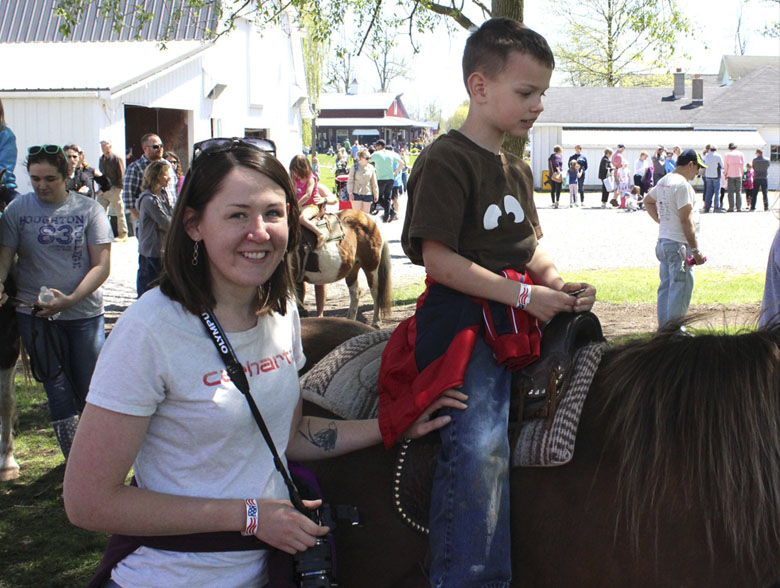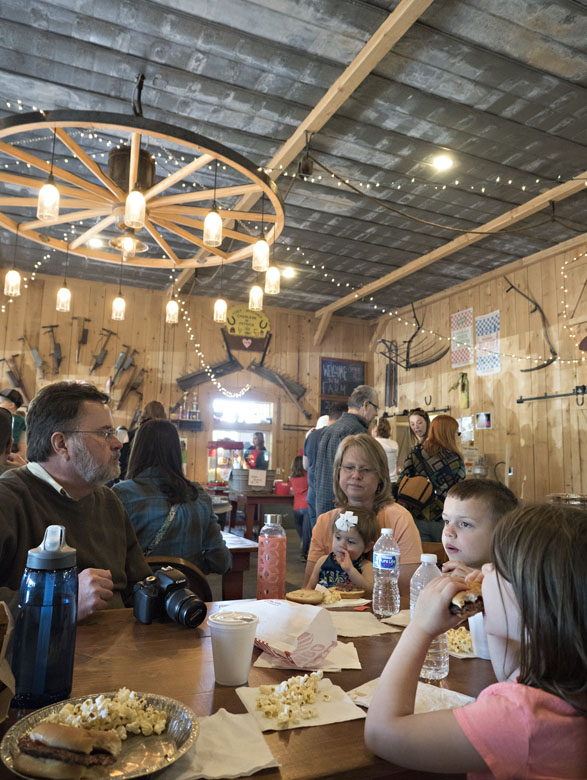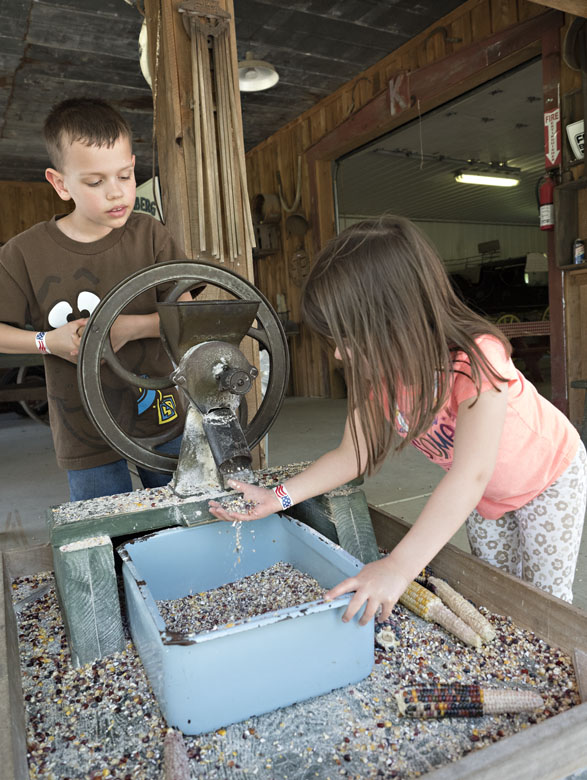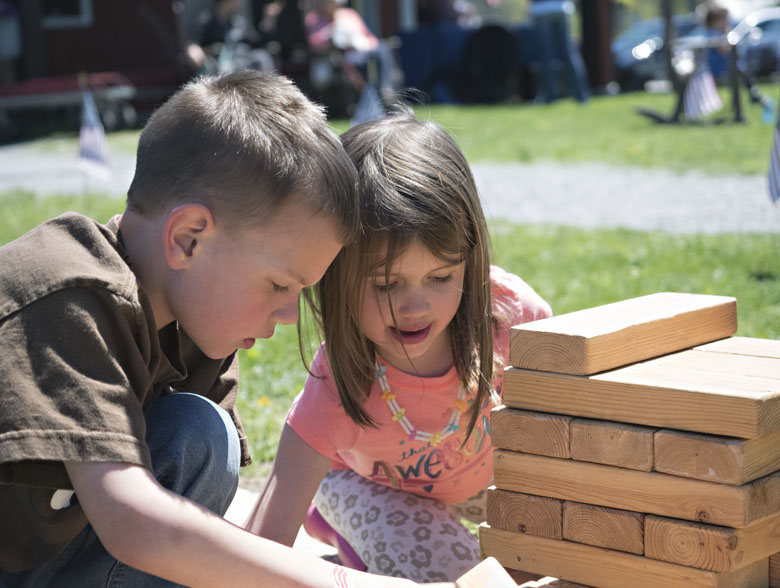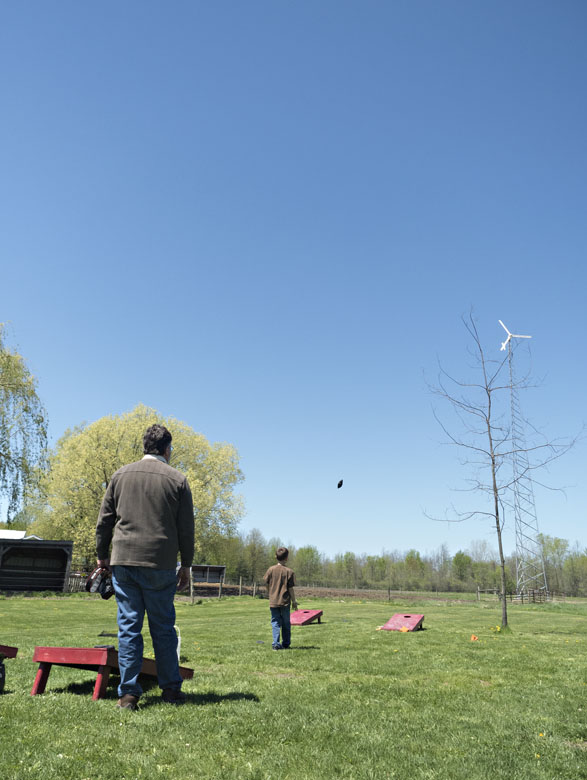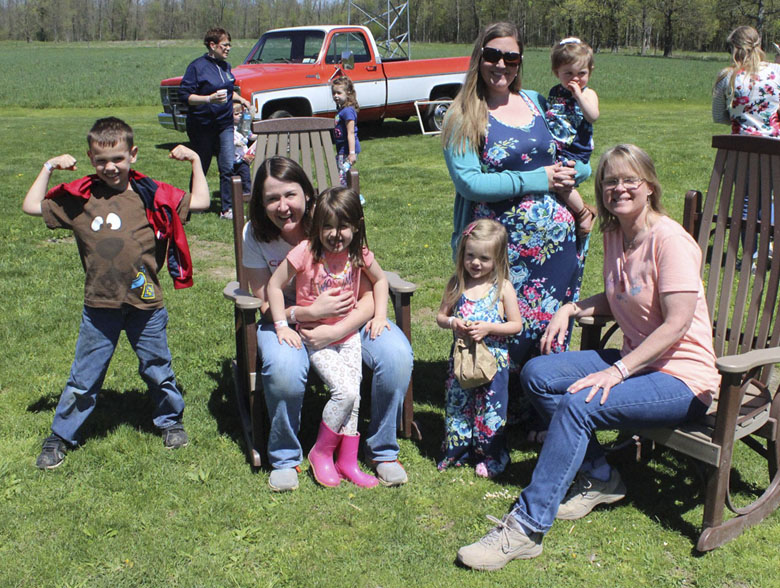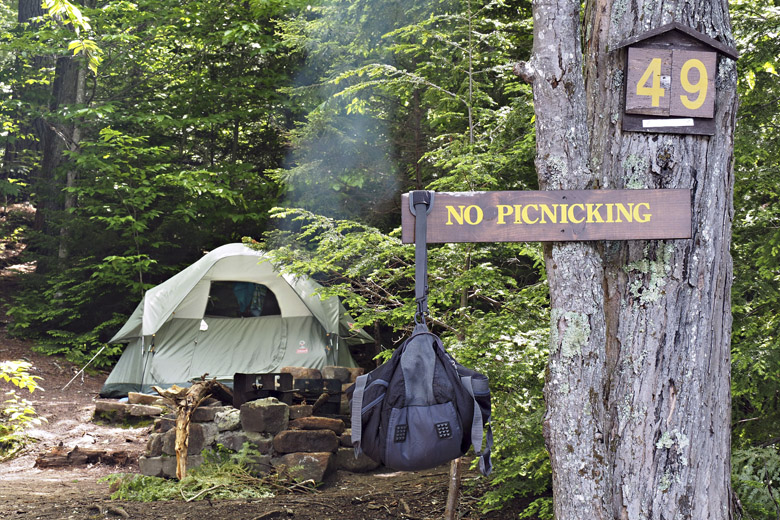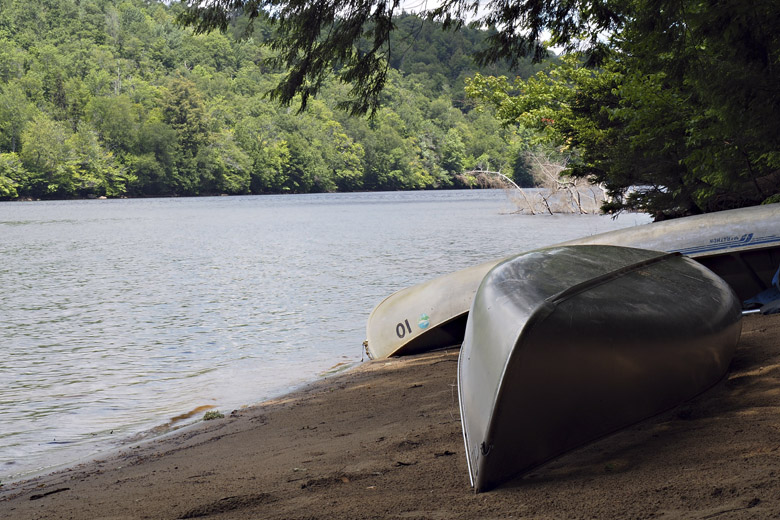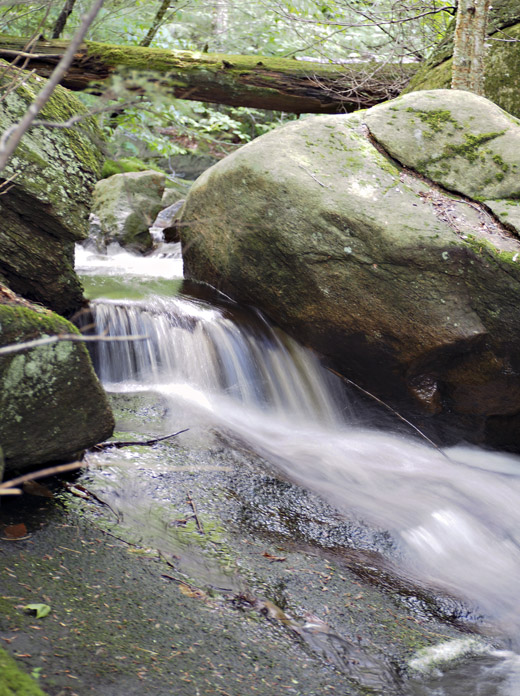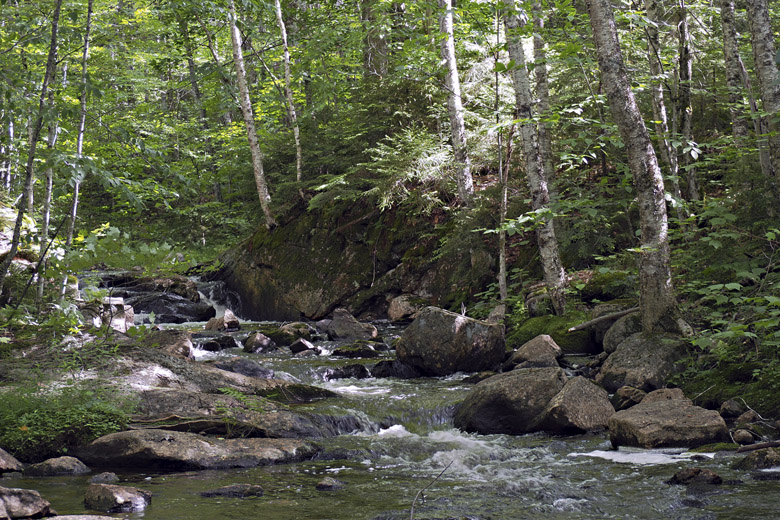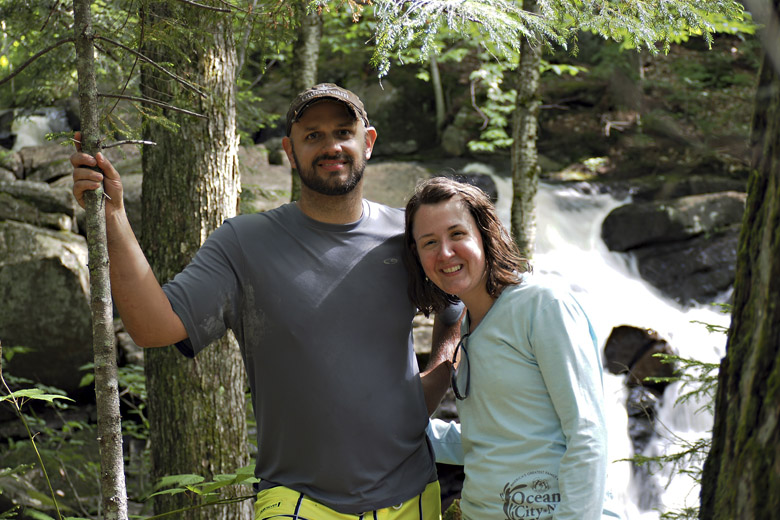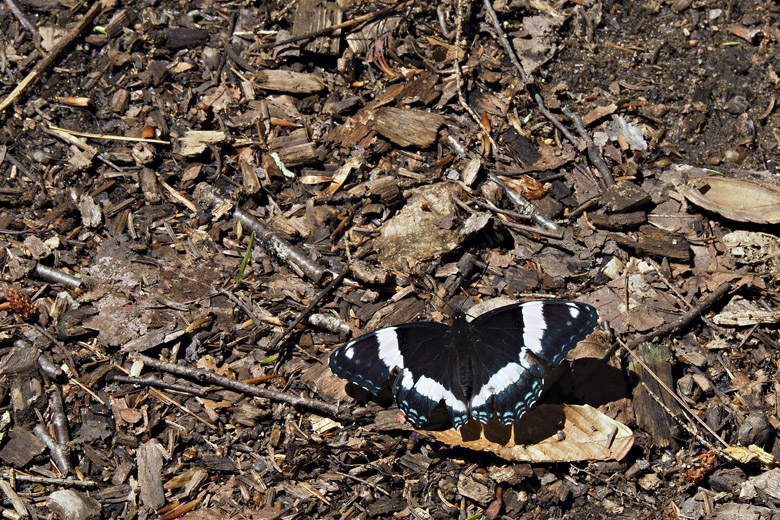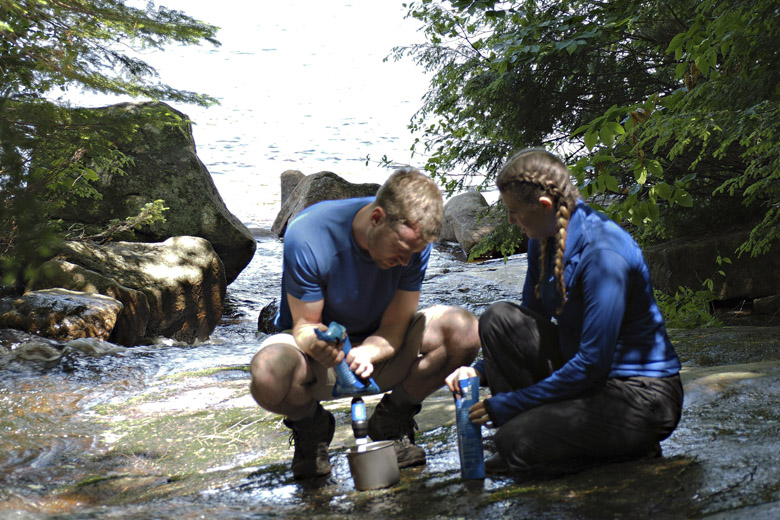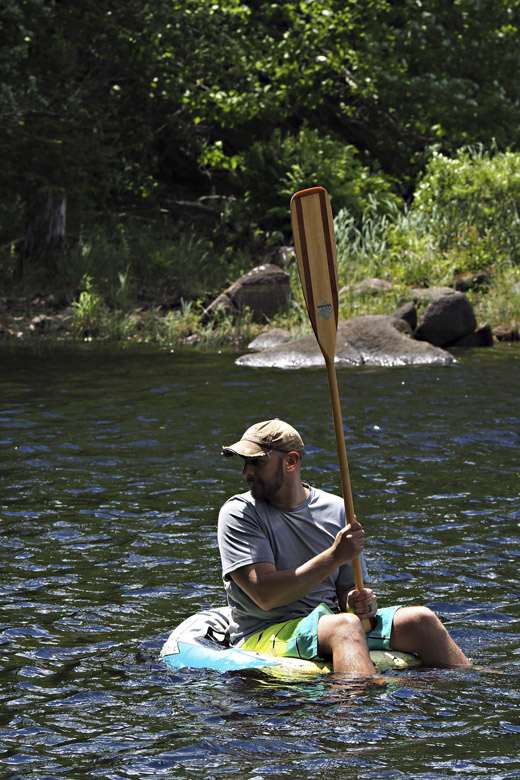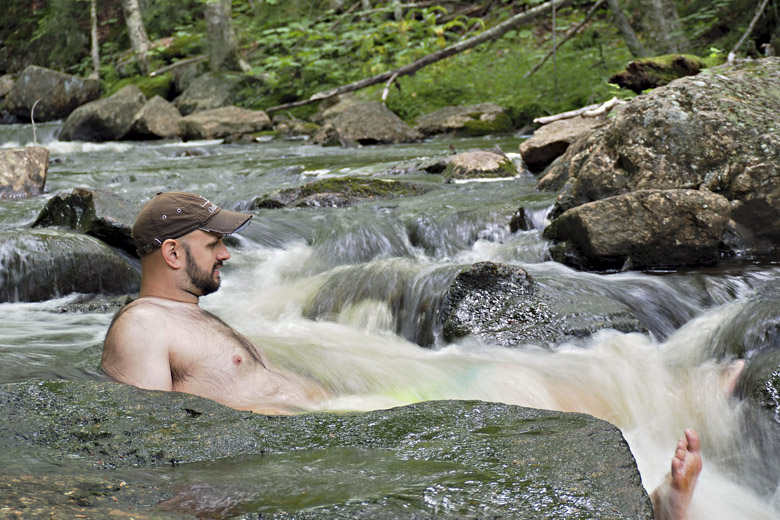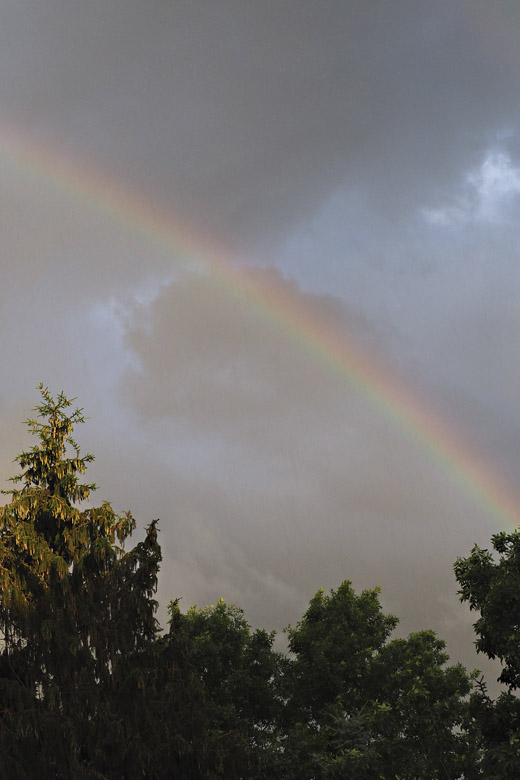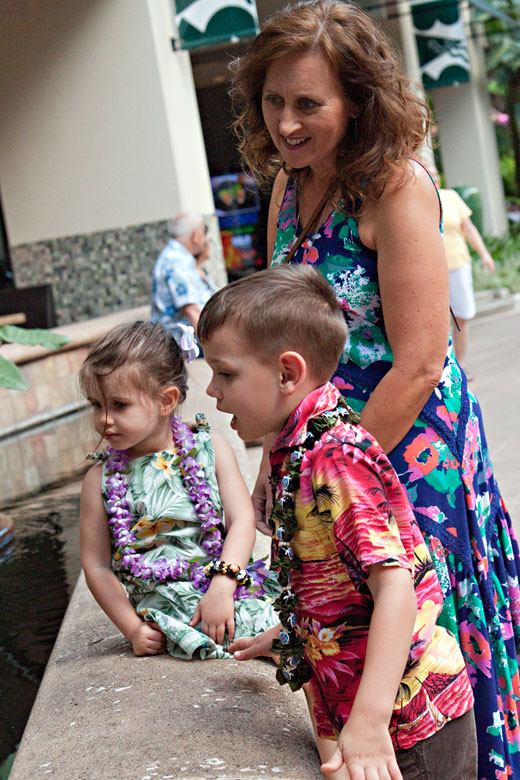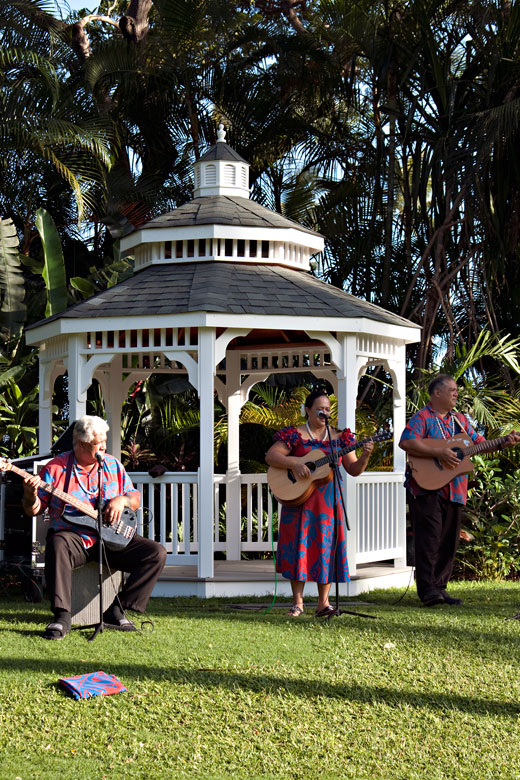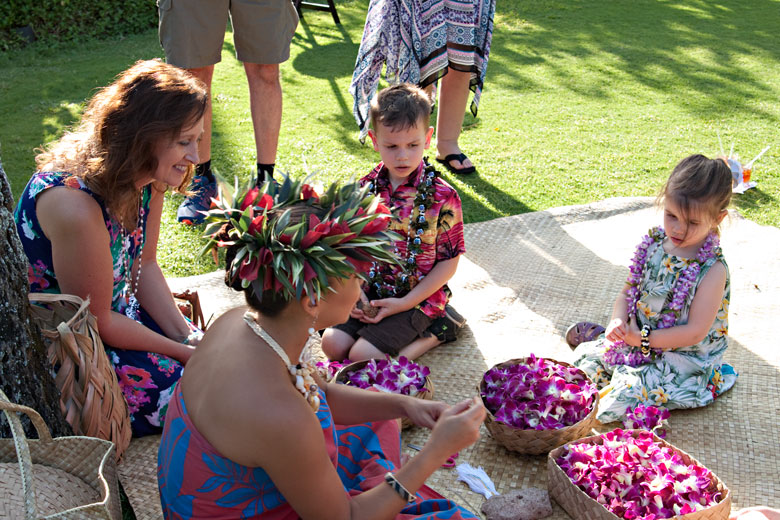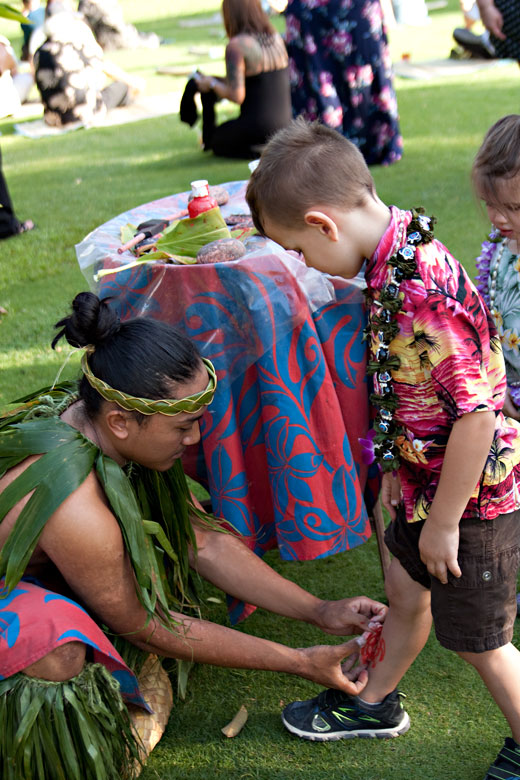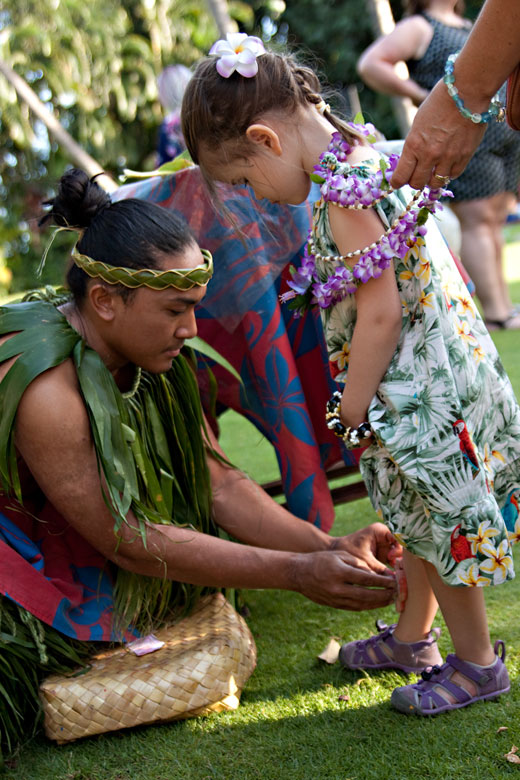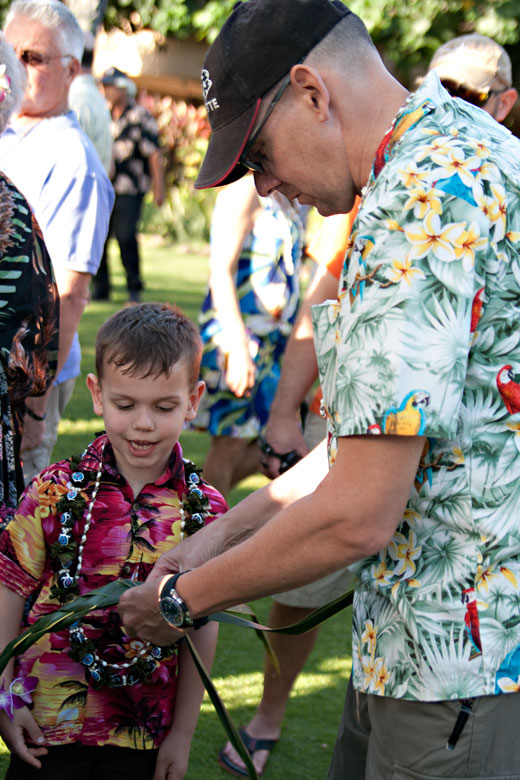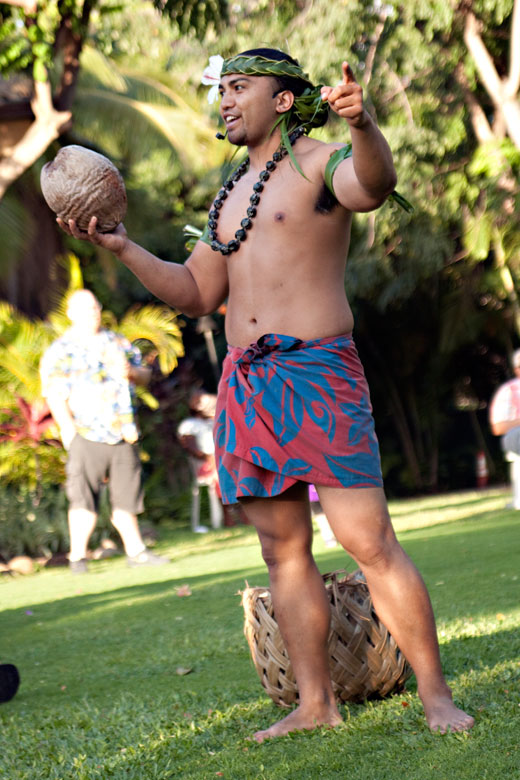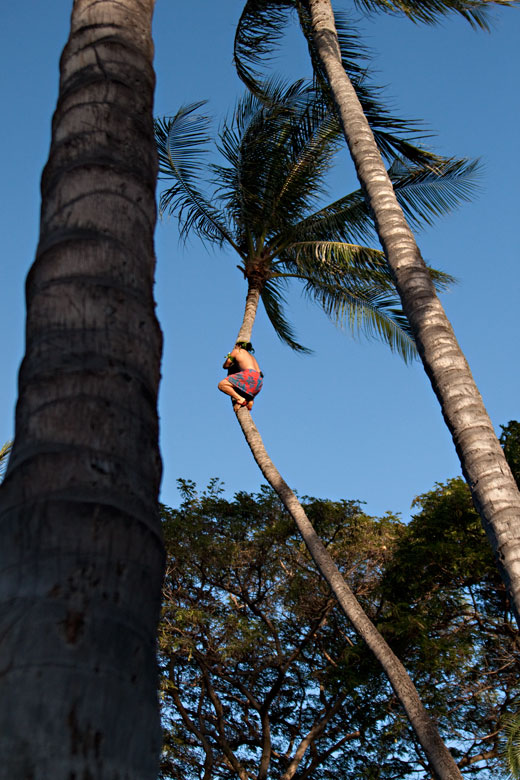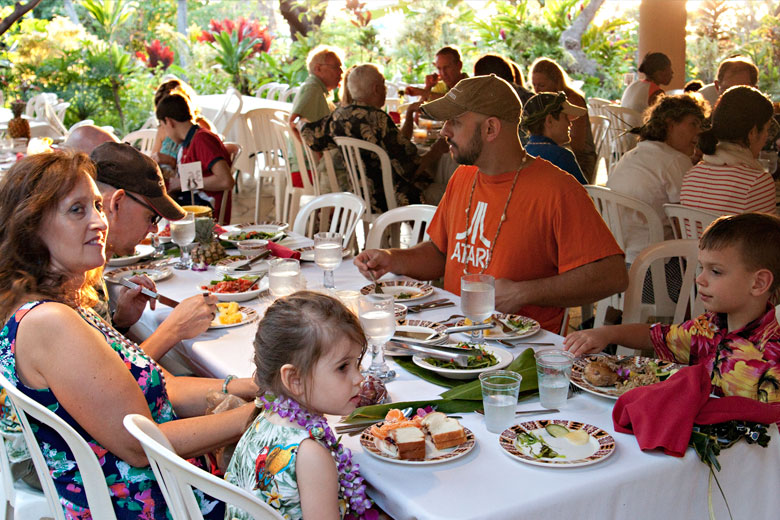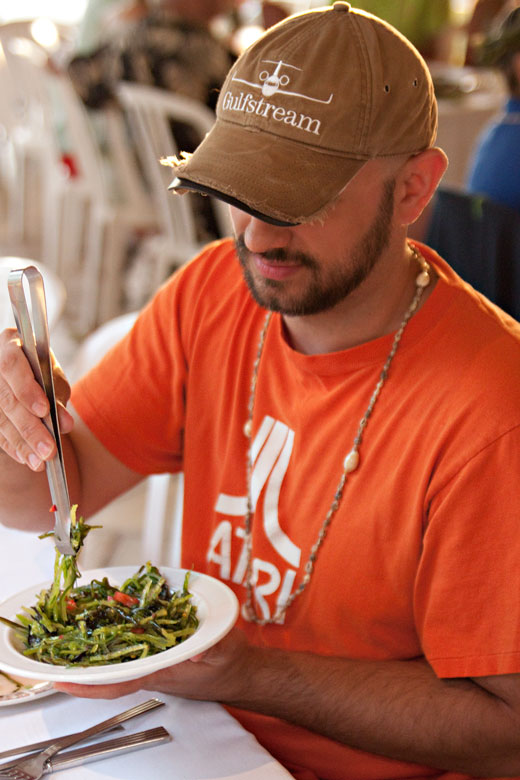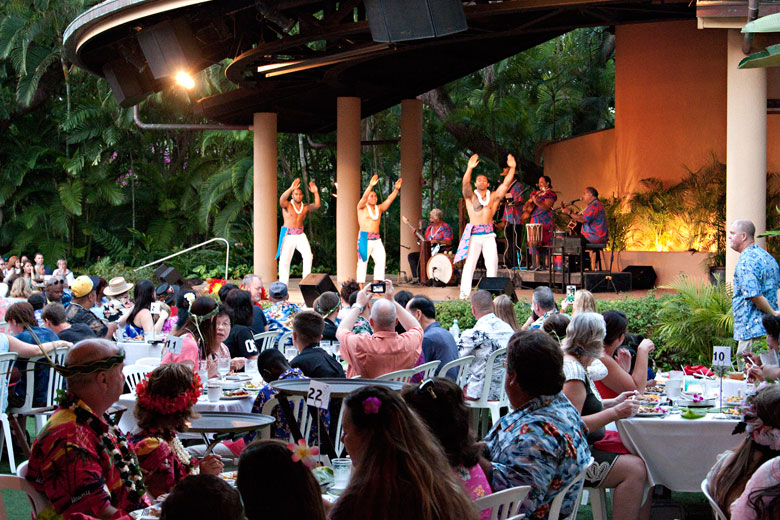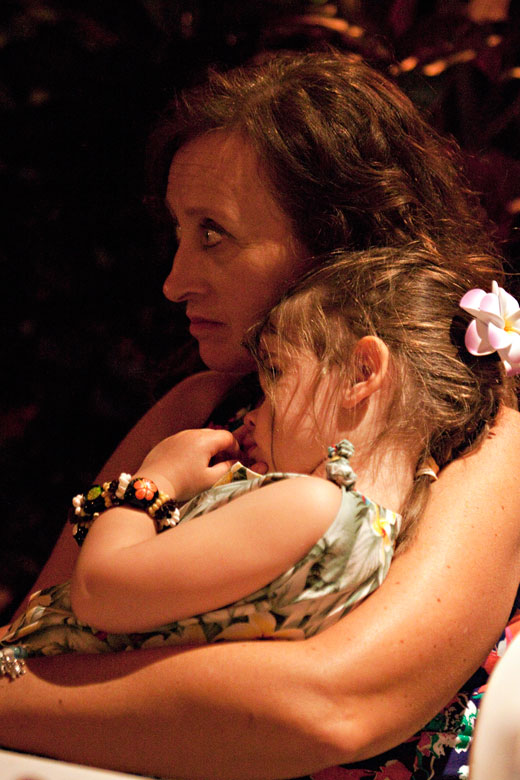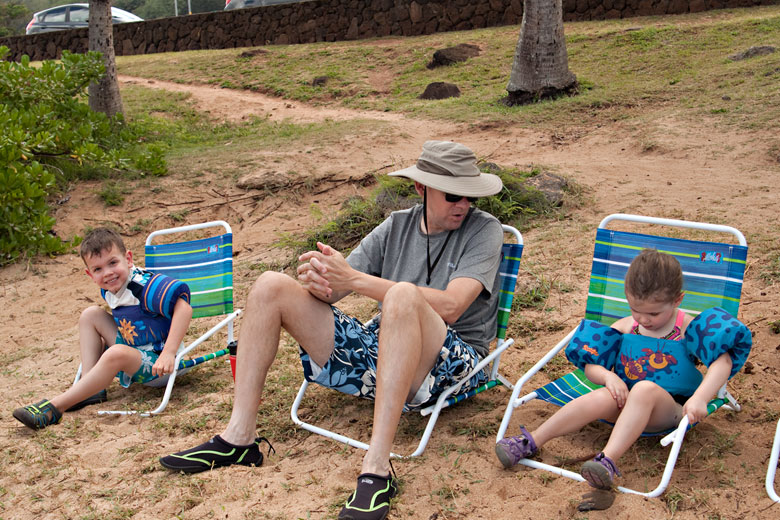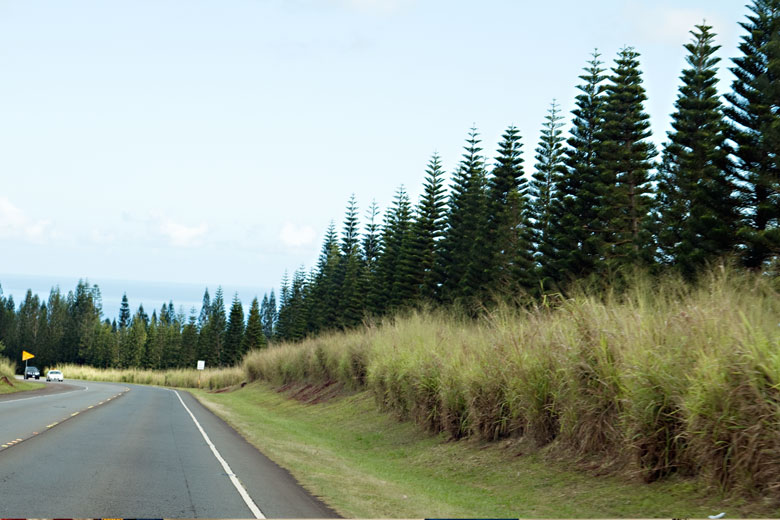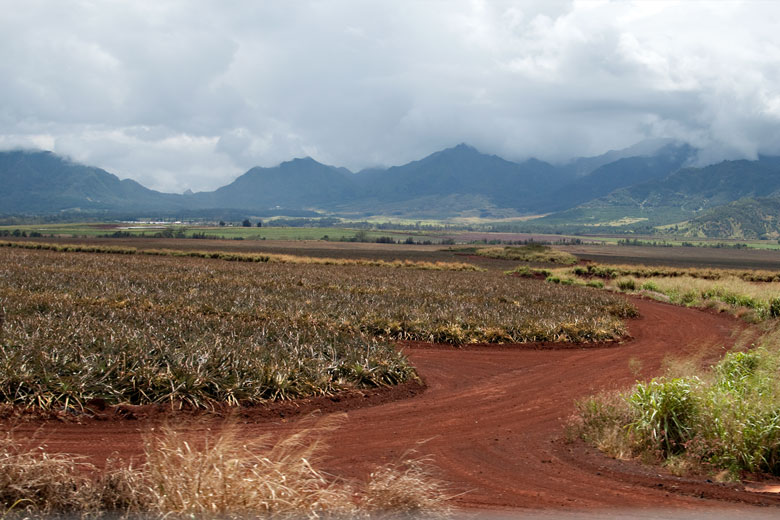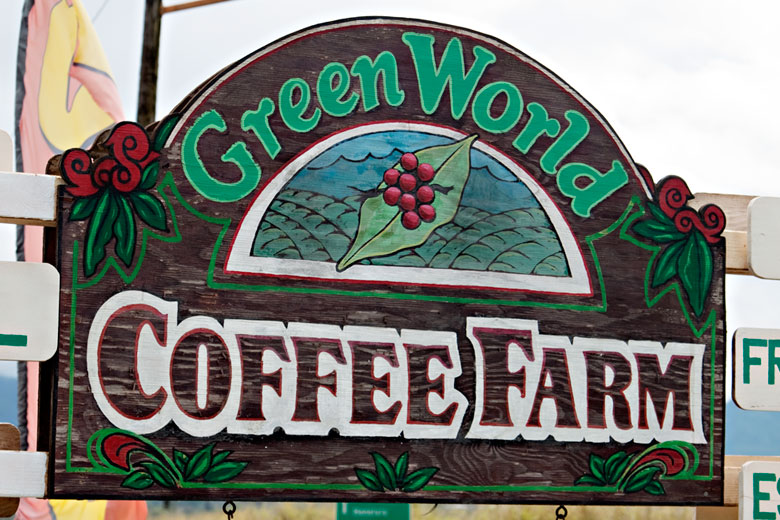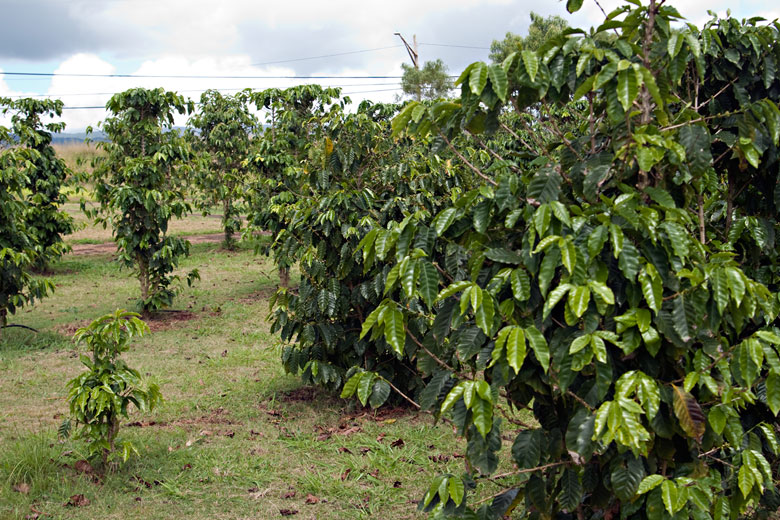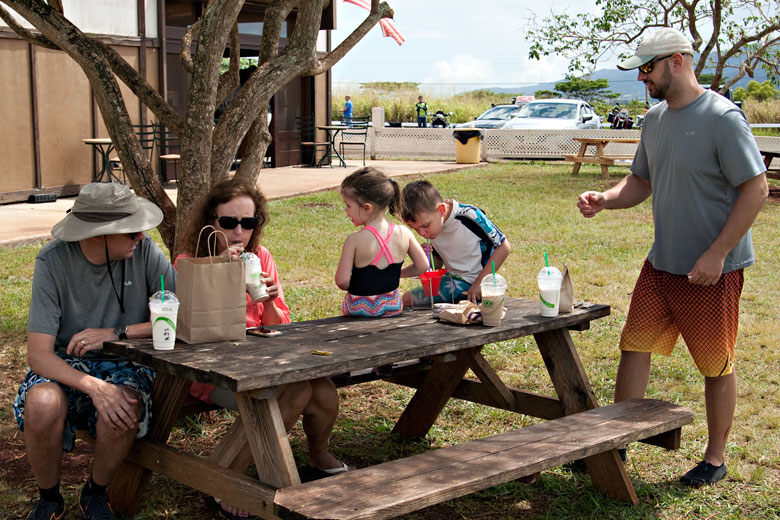For the past 7 weeks I’ve been taking an online course through Cornell called Civic Ecology: Restoring Broken Places. I was a bit hesitant to sign up for it since the kids JUST started school (did I really want to add something else to my plate?). I have no professional scientific or environmental training (I’m a graphic designer!) And it has been a really long time since I’ve been in school :)
The material interested me so much though and it really seemed like something that was up my alley (and maybe some day I can combine graphic design and marketing with something eco and outdoors). My friend Sarah was taking it too, plus it was only $50 and I’d get a certificate at the end (if that isn’t the worst reason to sign up for something…)
So I plunged in! I was stretched by the material and barely had time to complete the required readings and videos. But I was surrounded by incredibly passionate people and it stirred up something exiting. For the final project we were encouraged to visit a local civic ecology practice and detail how it fulfilled the course criteria. I chose EquiCenter Farm in Honeoye Falls, NY. I submitted my project as a pdf this weekend (seemed fitting for Veterans Day) and thought I’d share it with you. Enjoy!
—
Cultivating a Life Worth Living – Therapeutic Horticulture at EquiCenter Farm
Written by Heather Honecker
(All photos © Heather Honecker – www.heatherhonecker.com)
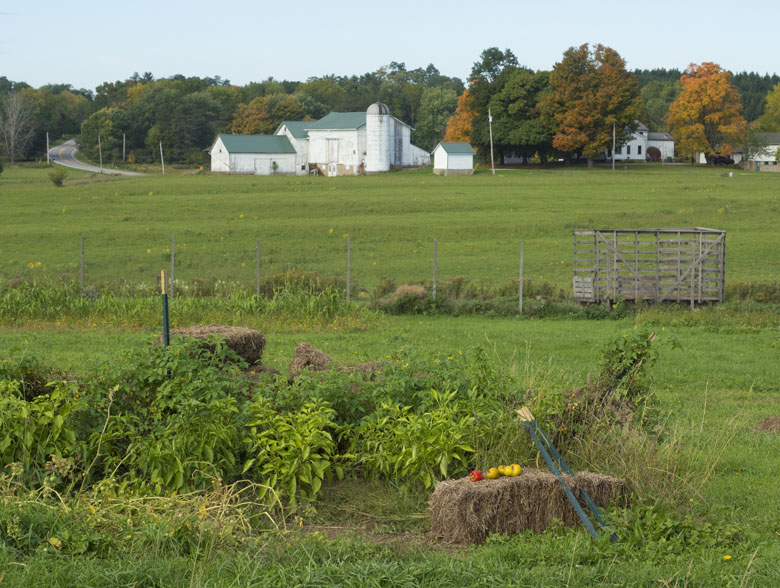
I met Kathie, Chuck and Joe on an unusually bright and warm day for mid-October. Colors were changing and the harvest was completed, but it felt more like summer as we gathered in 80 degree heat out in the fields of EquiCenter Farm. Located in Honeoye Falls (Upstate NY, USA) – EquiCenter is a therapeutic horse riding facility that serves adults and children with disabilities along with veterans and at-risk youth. Their programs include horsemanship and riding, yoga, culinary classes, canine therapy learning and a myriad of other events and opportunities for participants. Having worked on a local organic farm myself, I was most interested in the EquiCenter Farm program that promoted horticultural therapy for veterans. Growing up a military kid was also incentive for me to check out the program. My dad is a Colonel in the United States Air Force and although I’ve not served, I have a profound respect for those that have.
The EquiCenter Farm aims to provide veterans with agriculture skills, culinary classes, a group learning environment and a sense of community as part of their rehabilitation upon returning home. It operates on 3 acres of gardens within the EquiCenter property and participants are involved in the entire process from seed starting to harvest and a community meal where they cook and enjoy what they’ve grown.
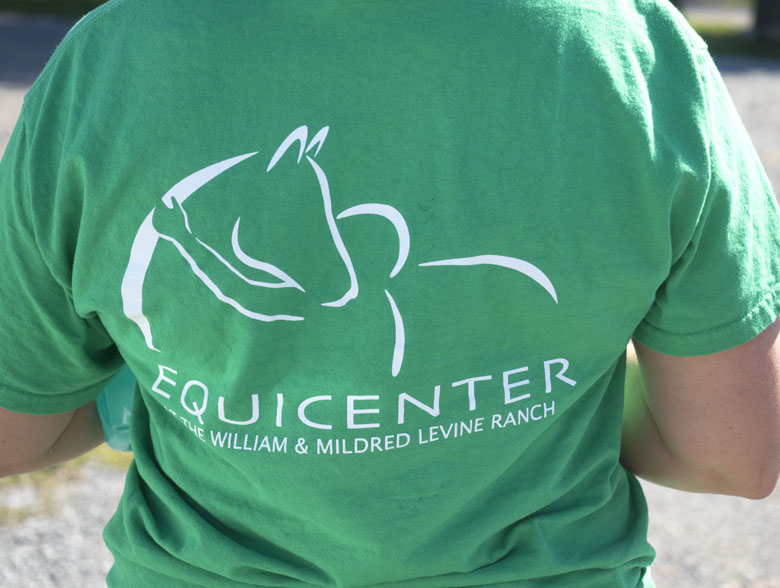
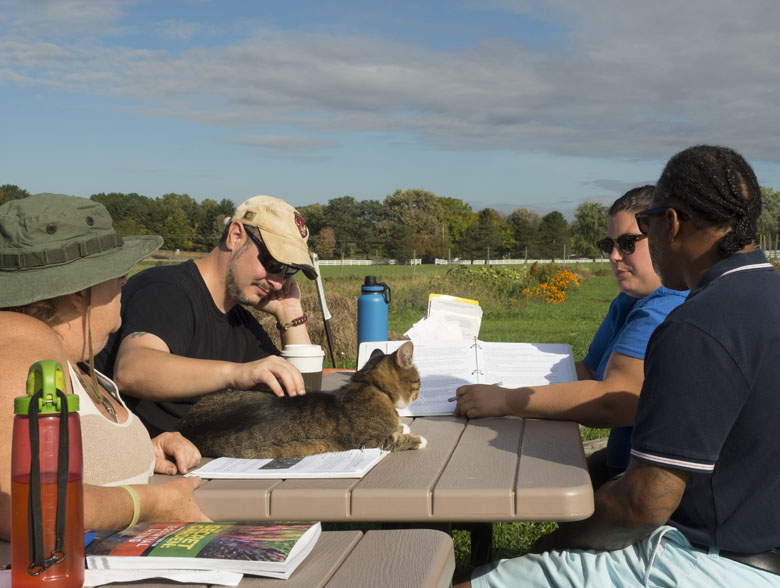
On this particular day in October I sat around a picnic table with veterans Kathie, Chuck and Joe. Farm Assistant Katie and a representative of the VA were also present. This was army veteran Kathie’s third session in the program and she confided in me that one of her favorite parts was taking recipes home to use with her sons (who often weren’t fans of all the vegetables she returned with). Kathie enjoyed working in the raised garden beds and planting and harvesting peas, carrots, broccoli and potatoes.
I also met Chuck, an army veteran who said he was inspired by the cooking aspect of the program because he had very limited experience in the kitchen. He dreams of some day moving to the Philippines with a buddy and growing all his own food.
Participant Joe claimed the EquiCenter Farm has impacted both his body and mind. He’d experienced aches and pains before being involved with the program but is in much less pain now. A veteran of the Marine Corps, Joe said the movement of being outside along with eating good food has given him many benefits.
Farm Assistant Katie began the morning with a brief lesson on organic weed suppression. This could include:
Companion planting & crowding – As some plants mature they block out the sun so weed seed can’t grow. Other plants can act as natural insect repellants or enrich the soil.
Water – Sprinklers waste water (and can water weeds as well as plants) so a drip line is much more desirable. Holes can be poked in the line to deliver water to specific plants.
Flame weeding & solarizing black tarp – Used to roast large areas of weed seed in garden beds before planting begins.
Mulching – Straw, woodchips, cardboard or newspaper can be used to prevent weed growth.
It was emphasized that weeds are just naturally occurring plants growing where a farmer wants something else specific to grow. Organic farming will have more weeds than a commercially herbici farm, but the benefits of organic practices far outweigh the weeds that need to be dealt with. Ironically, I learned dandelions actually have more iron than spinach!
After the picnic table lesson, students moved to the fields for direct seeding and broadcast seeding of the fall and winter crops. Black radishes and cherry bell radishes along with orange and purple carrots were seeded. They would take 2-3 weeks to germinate and could be harvested even after the first frost. Root vegetables can be covered and picked through winter, using the ground as a refrigerator.
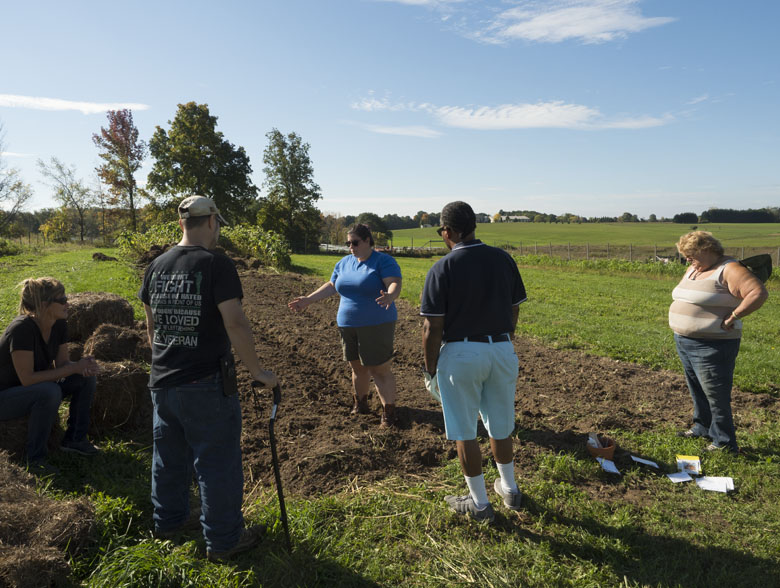
After seeding, participants harvested beet greens and swiss chard for use in their afternoon cooking class. It was here I met Nathan, the farm outreach coordinator (and Air Force veteran) who explained a little bit more about the program. We then headed to the facility’s main house to wash up and met Chef Alysa who helped participants prepare their community lunch. Today an English Cottage Pie, a leafy green Asian salad, and Maple Walnut Apple Crisp were on the menu.
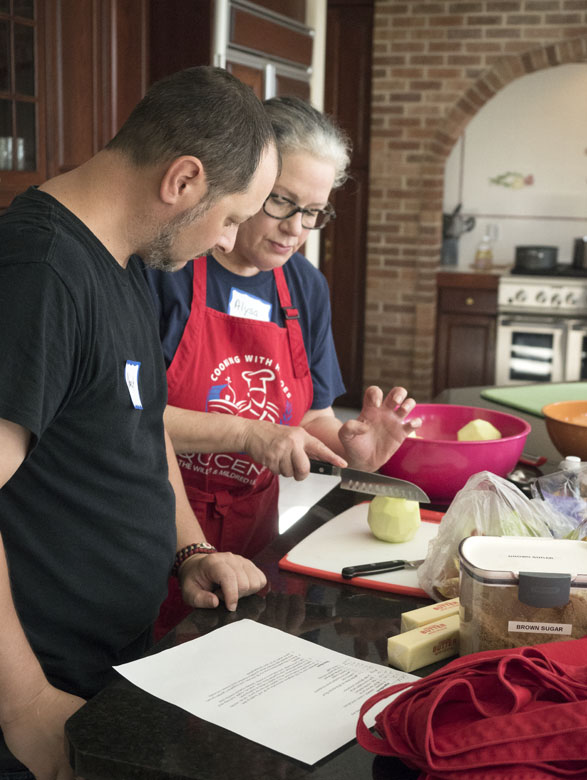
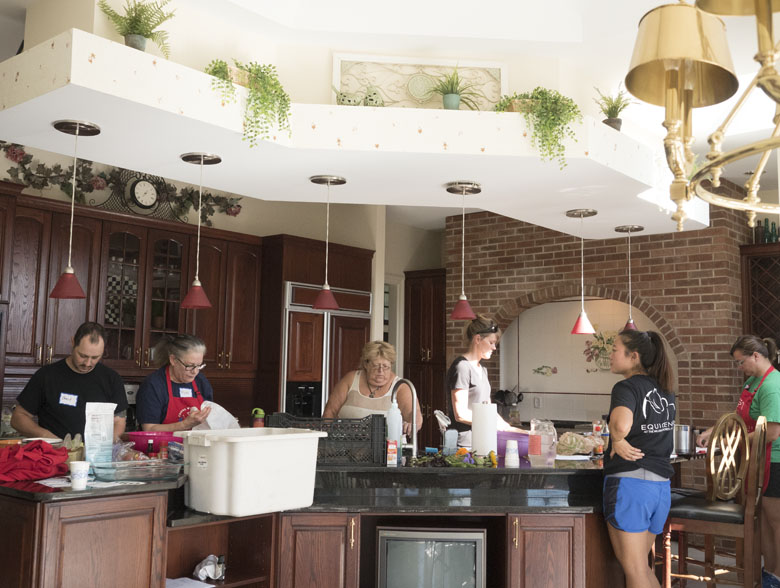
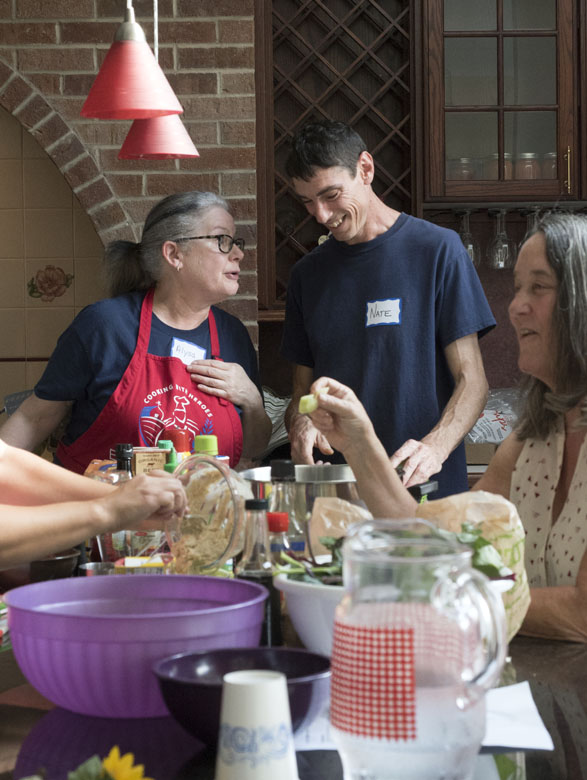
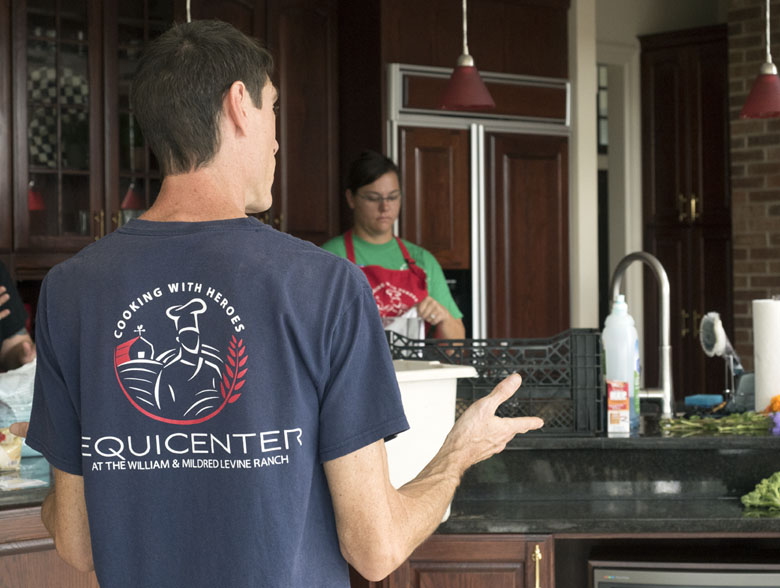
I was fortunate enough to return a few weeks later with my children for the volunteer day. Once a month the community is invited to participate in whatever project the farm needs help with. In contrast with my first visit, the volunteer day was freezing! Bundled in our hats and coats, we planted garlic, harvested potatoes and grabbed the rest of the flowers and red raspberries that had survived the frost. Farm supervisor Tim was incredibly knowledgeable and patiently answered ALL the questions my kids barraged him with. The sense of camaraderie and meaningful work alongside others were what impressed me the most about EquiCenter Farm and its participants and staff. Our community is incredibly fortunate to have such a bountiful resource.
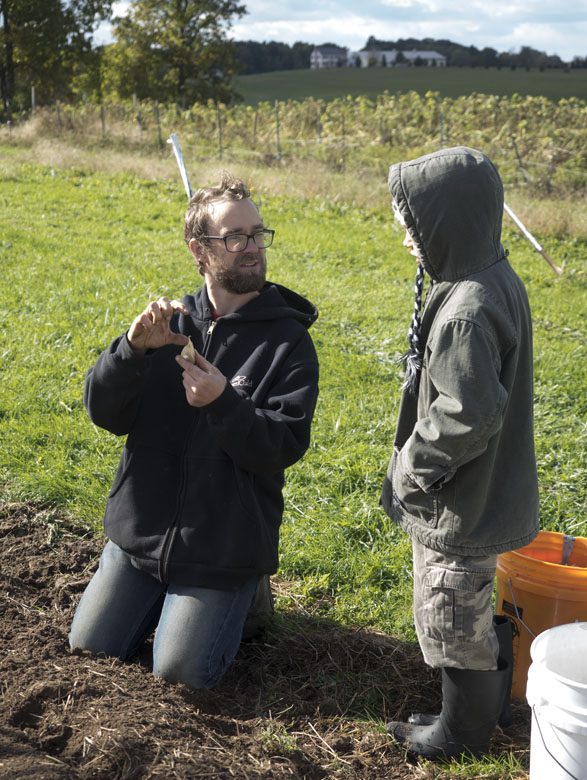
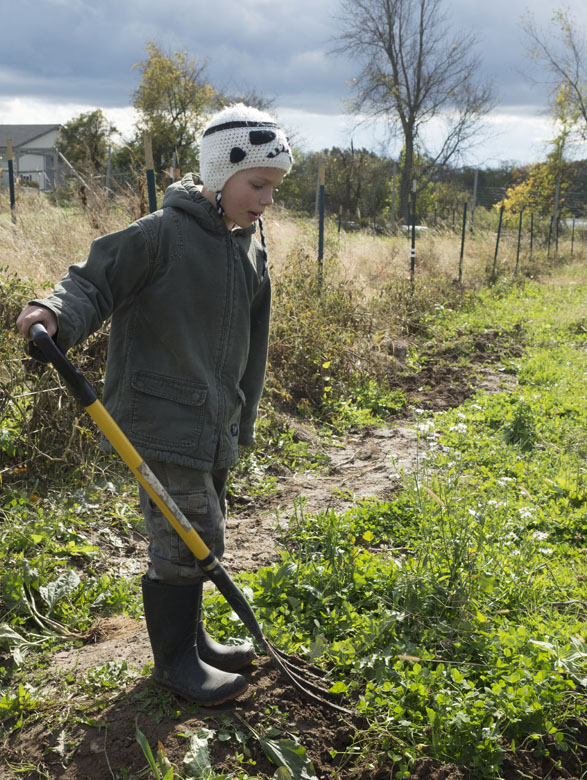

The EquiCenter Farm exhibits several characteristics of a Civic Ecology practice as it cares for the local environment and veteran participants involved.
Civic Ecology practices emerge in broken places
In the instance of EquiCenter Farm, I took the “broken places” criteria to mean less of the specific place and more in reference to the human participants. Veterans experience a sudden red zone (in war) and often times find themselves in a slow burn deterioration zone as they return home and acclimate themselves back into civilian life. The farm project is situated on what was once vacant fields of the main facility, transformed into lush gardens.
Civic Ecology practices include Biophilia (love of life) and Topophilia (love of place)
Veterans in EquiCenter’s farm program act as stewards of the gardens and express urgent biophilia as they return from active service. This love of life and love of place propel people around the world to garden when their lives are disrupted by war, as well as by disaster, displacement, and more gradual civic and environmental decline…Given that we are conditioned through evolution to have an affinity for other life, when such life is threatened we also feel threatened, making our reactions all the more urgent. This is expressed as an intense—even urgent—desire to affiliate with life. Such intense manifestation of affinity for nature during extreme and threatening situations is called urgent biophilia. – Krasny and Tidball. “Civic Ecology” pg 27-32
Civic Ecology practices provide opportunities for learning
The weekly gardening lessons provided by EquiCenter Farm gave participants an introduction to agricultural ideas and concepts. Opportunities for continued education such as farming with draft horses, sauce making workshops and guidance for exploring an agricultural career also exist. Not to mention participants learn from each other as they share their stories and time in the fields and kitchen. Together people with different perspectives and experiences to try to find solutions to environmental and other dilemmas. One such dilemma—the dilemma that is addressed by civic ecology practices—is how to transform broken places housing broken communities into something more nourishing for people and the environment. And social learning plays a big part in how we address this dilemma. – Krasny and Tidball. “Civic Ecology” pg 118
Civic Ecology practices create community
As participants act as stewards of the gardens, they are also engaging in community. Further, the EquiCenter Farm program allows those returning from service to find their niche in the larger civilian community. It provides belonging, a purpose and ability to invest in something greater than themselves (similar to military service). Civic ecology practices provide a sense of belonging, they build social capital and are further enabled by social capital, and they demonstrate a community’s willingness to engage in volunteer activities and to act for the common good… Perhaps they also carry memories of how the act of cultivating life aids in recovery from witnessing death and from experiencing unspeakable hardship. – Krasny and Tidball. “Civic Ecology” pg 62/68
Civic Ecology practices produce ecosystem services
The farm produces Provisioning Services such as fruits, vegetables (food products) and flowers (ornamental resources). It provides Regulating Services through improving air quality, erosion regulation and soil health, pollination, and pest regulation through crop rotation. The Cultural Services it provides include cultural diversity as individuals with different backgrounds come together, knowledge and educational systems as participants learn new skills, inspiration and aesthetic values, social relations, a sense of place and recreational value. The Supporting Services produced by the farm include soil formation, photosynthesis and nutrient cycling (through composting).
Civic Ecology practices foster health and well-being
The restorative, wellness and social benefits of working on the farm are immense for veterans and volunteer participants alike. The physical work reduces stress and provides exercise, while internal work leaves a feeling of accomplishment, happiness and self worth. Where-as witnessing destruction of favored places, or of trees dying and being cut down, can lead to feelings of helplessness and despair, taking meaningful action leads to feelings of self-efficacy and hope. – Krasny and Tidball. “Civic Ecology” pg 103
Civic Ecology practices start as local innovation and expand to multiple partnerships
The EquiCenter Farm is delivered in part by the Department of Veterans Affairs (VA), the Office of Rural Health, Cornell Cooperative Extension (CCE) Small Farms Program and CCE’s Farm Ops. It also heavily relies on volunteers and partnerships with farms and businesses in the local community (through volunteer days, extended workshops and donations).
Civic Ecology practices are embedded in cycles of chaos and renewal
Veteran participants of EquiCenter Farm have suffered hardship that has led to a radical change in their lives. Physical work in the gardens, the agricultural education and camaraderie it provides allows them to defy and reclaim their lives post-military service.
In Civic Ecology practices, policy makers have a role to play in growth of the organization
Policy makers help the organization grow as it stretches beyond the beginning stages of localized support and volunteers to having a larger community impact. The Canandaigua VA announced a grant of $844,415 from the Office of Rural Health to allow more veterans to participate. With about 30 veterans already involved, the additional funds will enable 86 more veterans to take part. The grant also means vets will be able to take what they learn in an introductory farming class to the next level, through more advanced courses….The Canandaigua VA is one of 10 VAs nationwide, and one of three VAs in the New York/New Jersey VA health system to receive the grant. Lutz said the funds will take the program through the end of September 2019. It is part of the VA’s overall, whole-health approach for veterans. – Monroe County Post (http://www.monroecopost.com/news/20180922/growing-therapy-for-veterans-at-equicenter)
Farm Ops, the Department of Veterans Affairs and EquiCenter are considering a collaboration to replicate the successful program in the region and perhaps the nation, with Farm Ops putting on workshops in New York state. In addition, Farm Ops is developing a vocational program at EquiCenter for vets interested in agricultural careers. – Cornell Chronicle (http://news.cornell.edu/stories/2018/11/cornell-farm-ops-sets-nys-veterans-success)
In conclusion
I think it’s important to note that EquiCenter Farm doesn’t see veterans as victims. Instead, it recognizes that humans are a part of nature and can partake in the healing and restorative benefits of nature.
Although the benefits of seeing green are many, three big categories prevail: how being around plants and nature helps us feel restored—nature’s therapeutic value; how being in nature helps our brains function better—nature’s cognitive benefits; and how trees and green spaces create stronger ties among neighbors—nature’s social benefits. The notion of empowerment steers us away from viewing people as victims, people in need, and people requiring outside experts to cure them. Instead it guides us toward seeing people as playing active roles in leading healthy lives and being resilient in the face of obstacles. – Krasny and Tidball. “Civic Ecology” pg 109
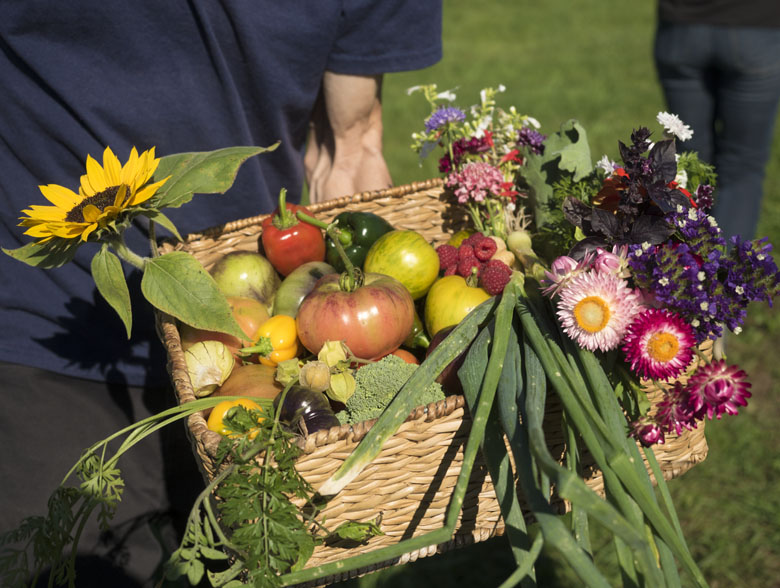
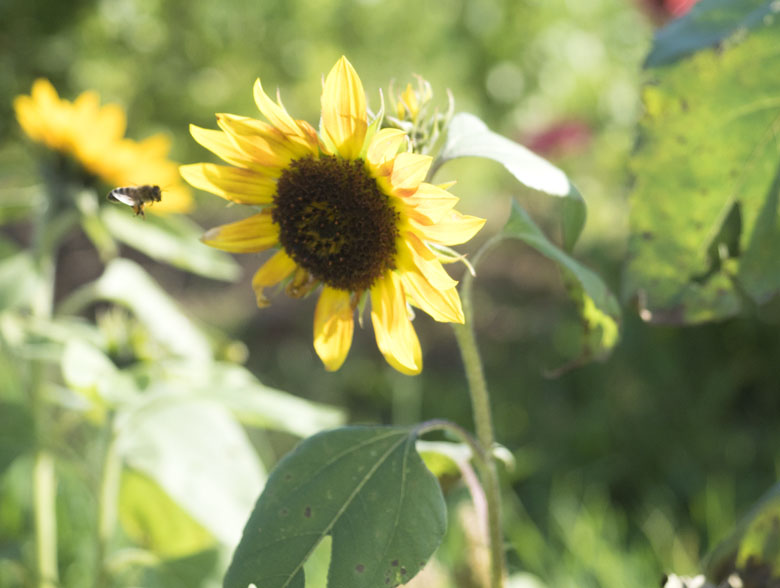
Resources
“Civic Ecology: Adaptation and Transformation from the Ground Up.” Krasny, M.E. and Tidball, K.G. (2015). MIT Press.
Growing Therapy for Veterans at EquiCenter. Sherwood, Julie – Senior Reporter, Monroe County Post. http://www.monroecopost.com/news/20180922/growing-therapy-for-veterans-at-equicenter
“Cornell Farm Ops sets up NYS veterans for success.” Kelley, Susan – Cornell Chronicle. http://news.cornell.edu/stories/2018/11/cornell-farm-ops-sets-nys-veterans-success
For more information about civic ecology, please visit: www.civicecology.org
EquiCenter Farm can be found online at: www.equicenterny.org/farm

